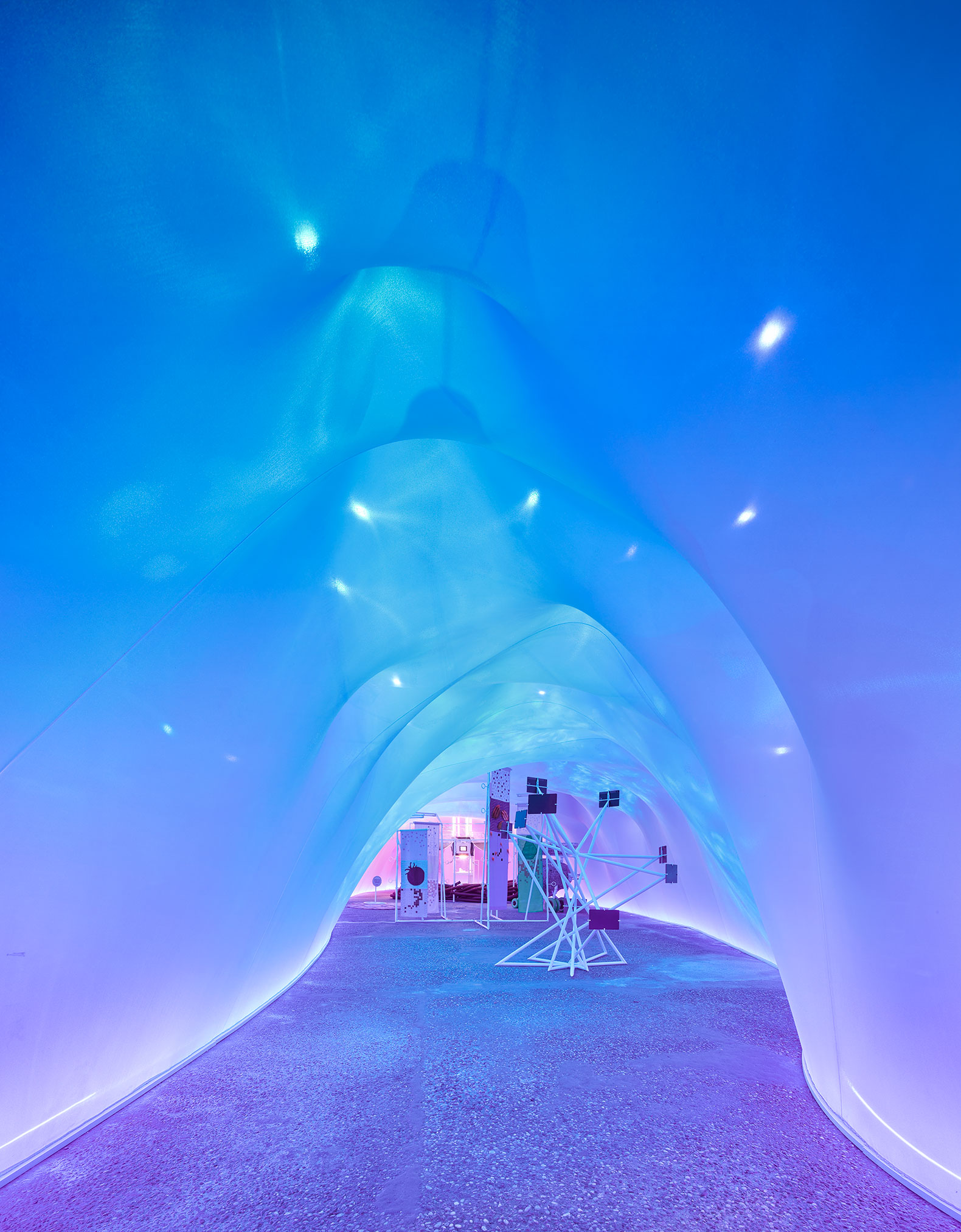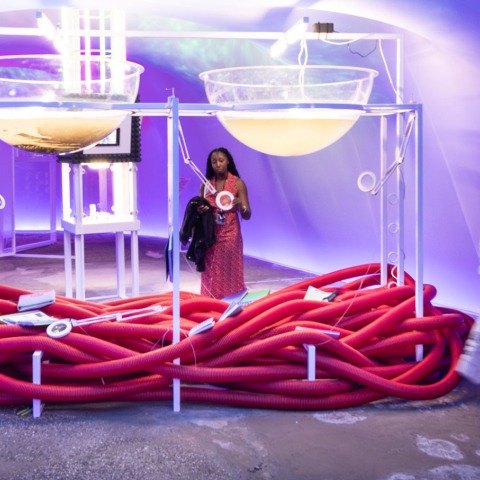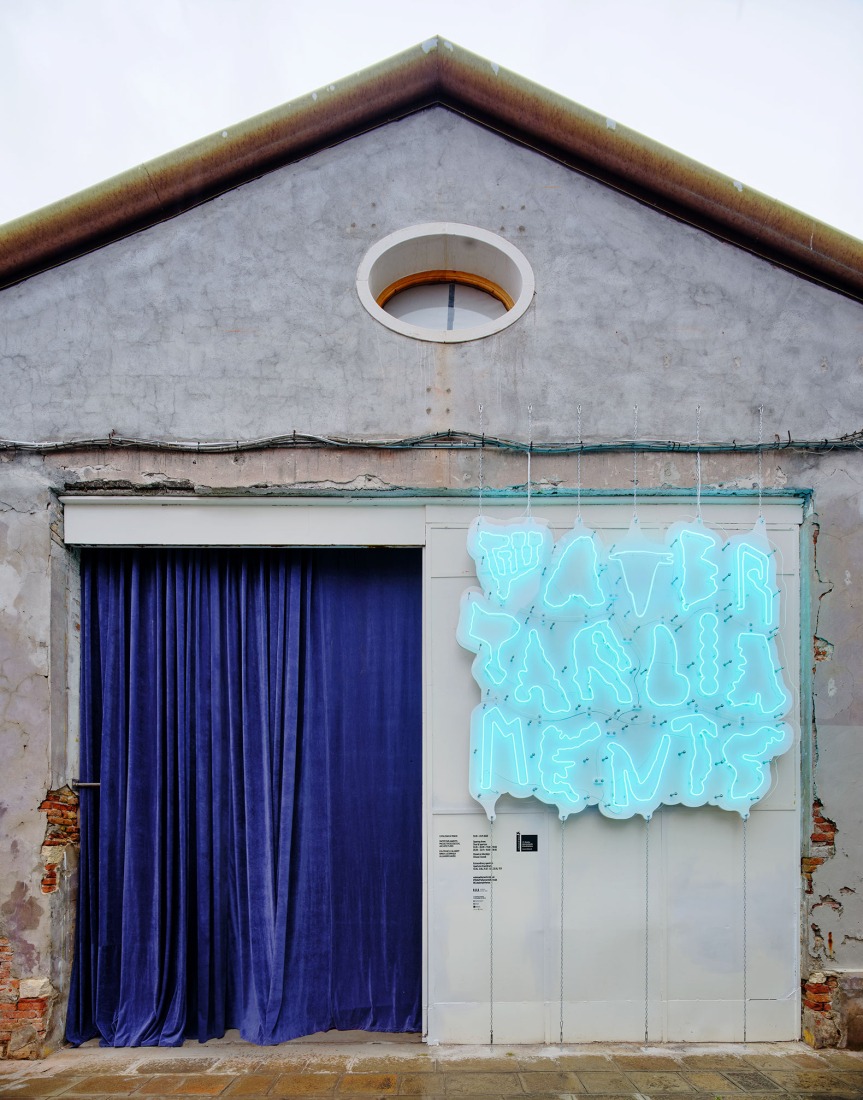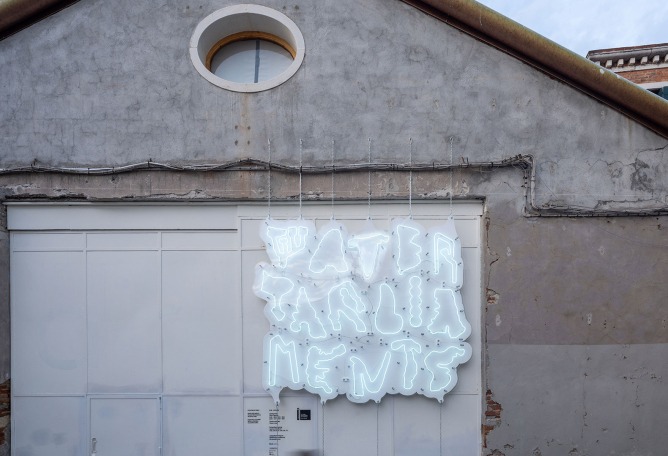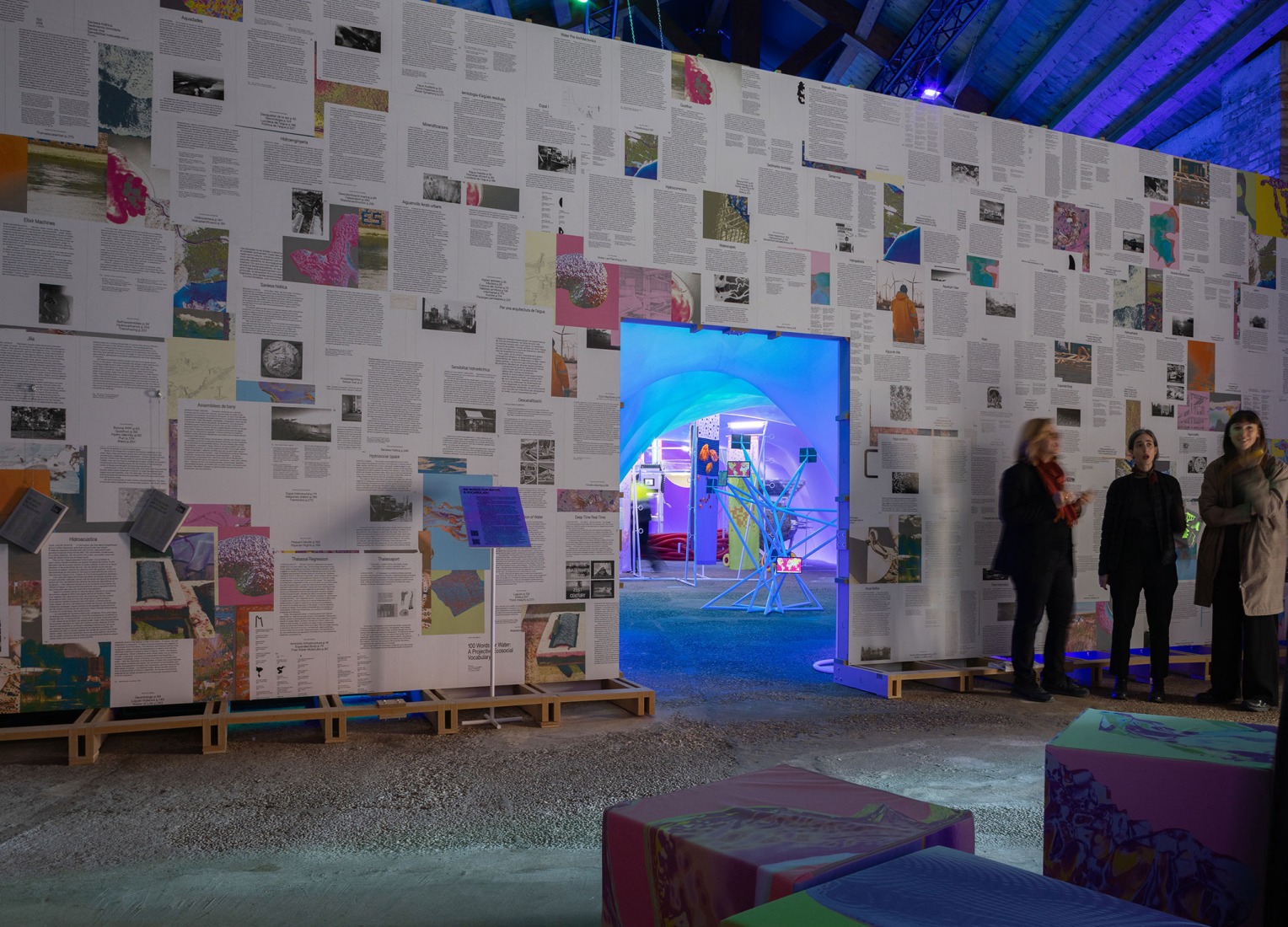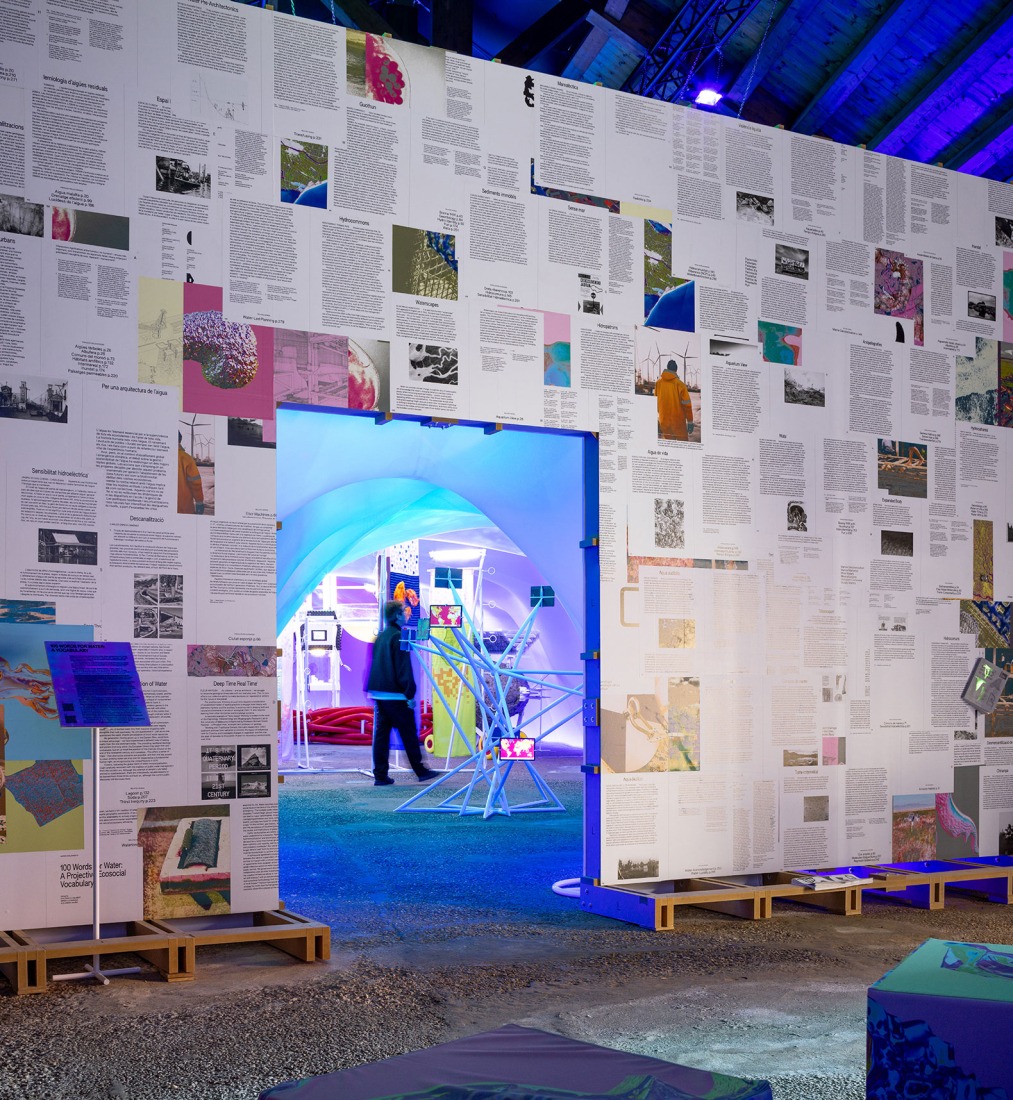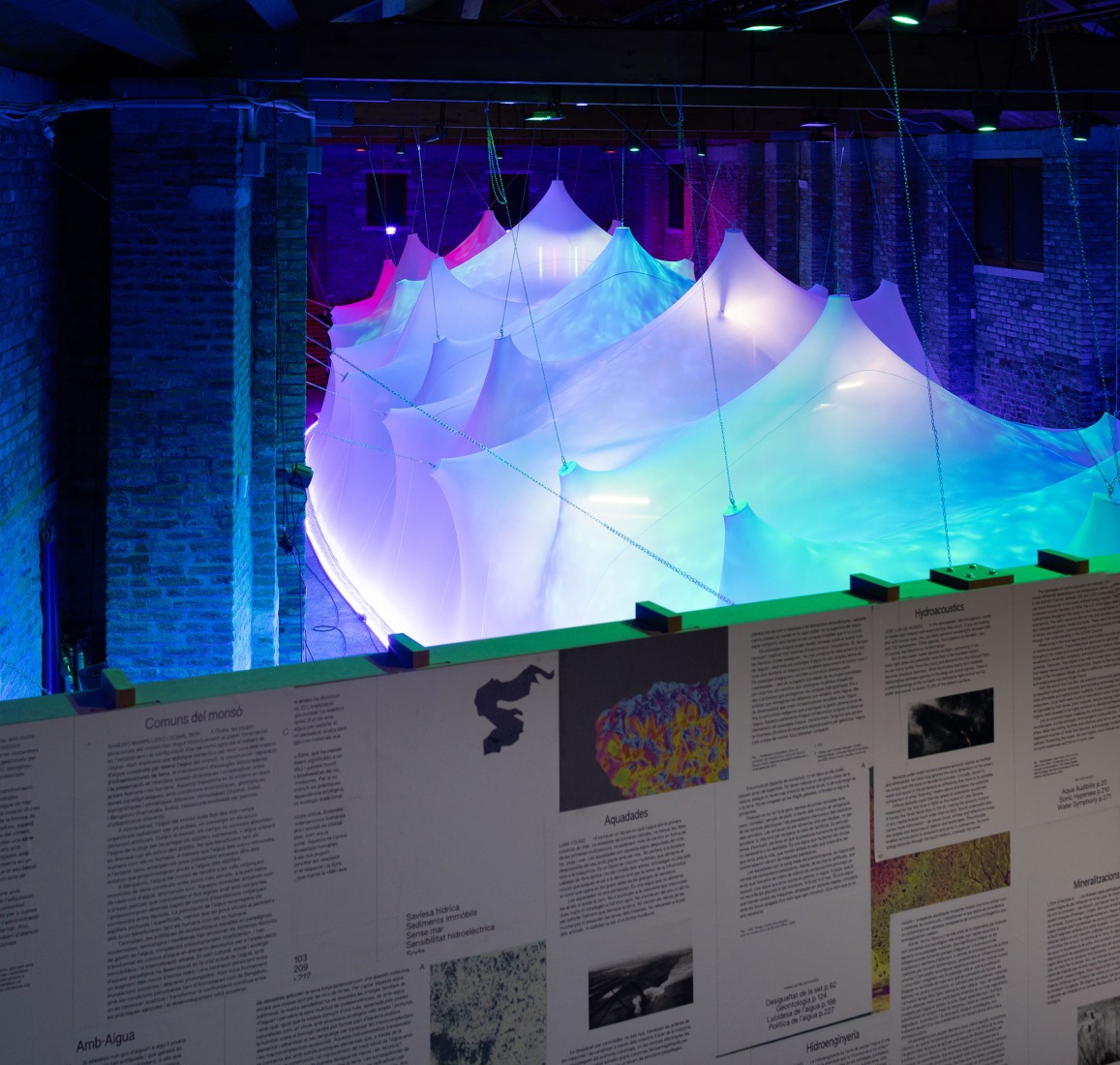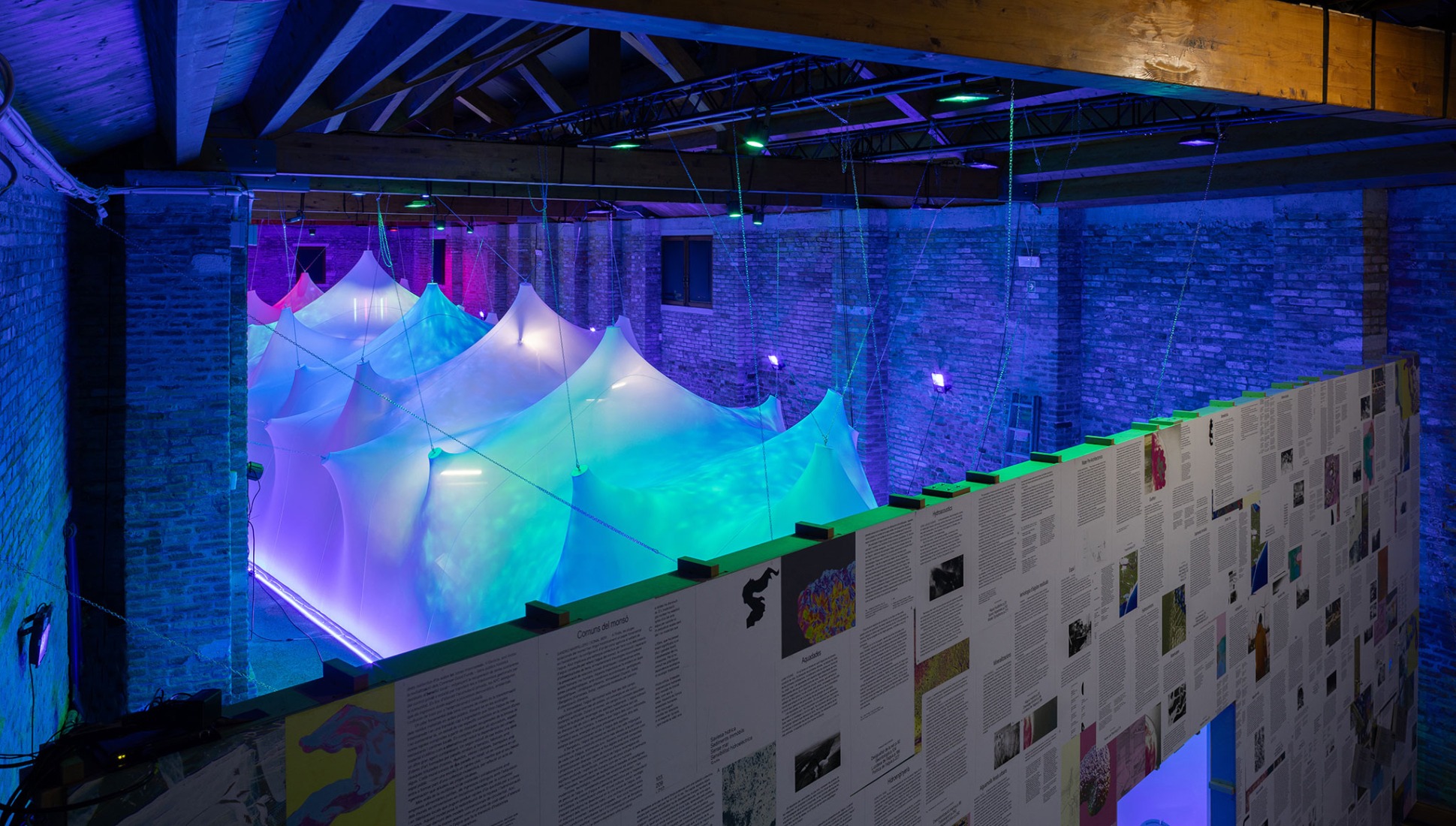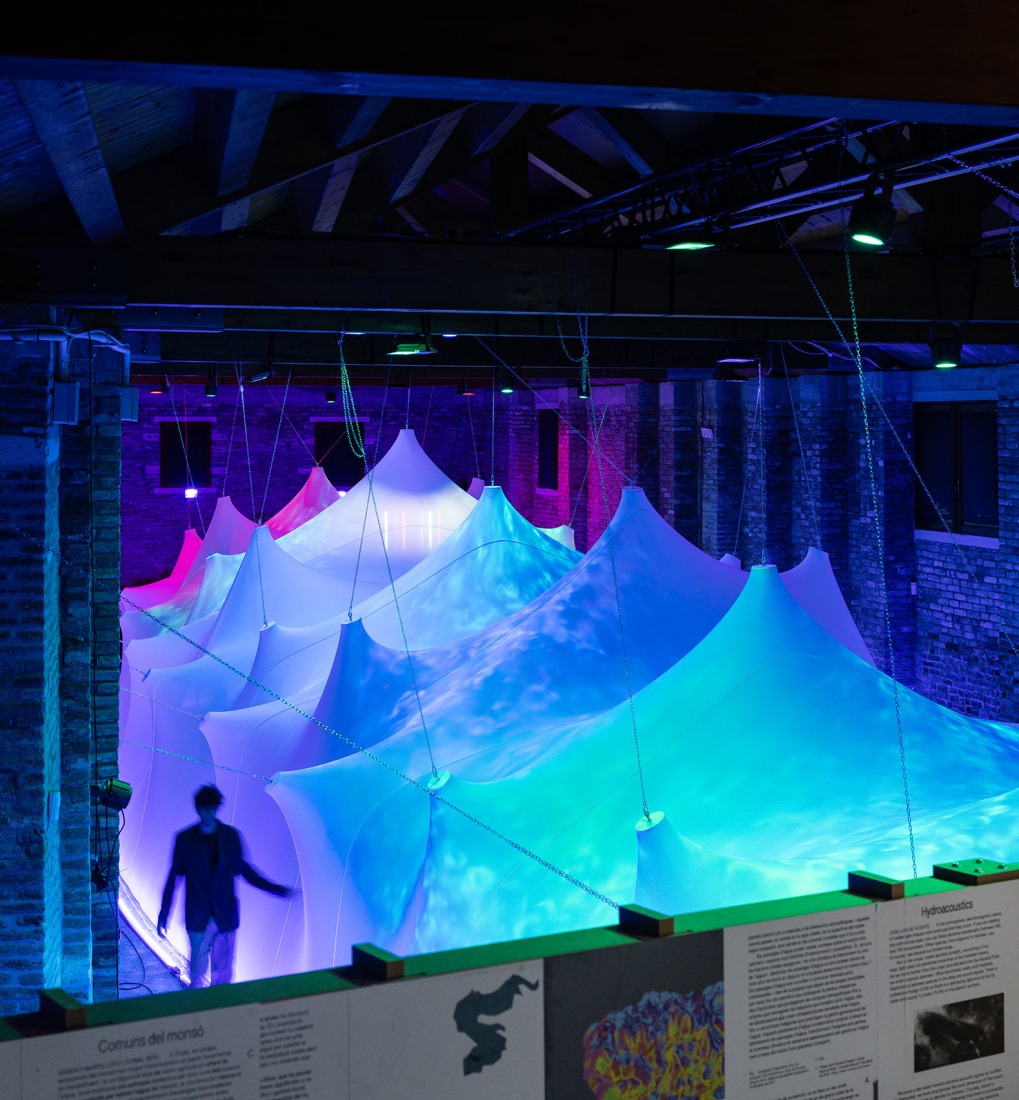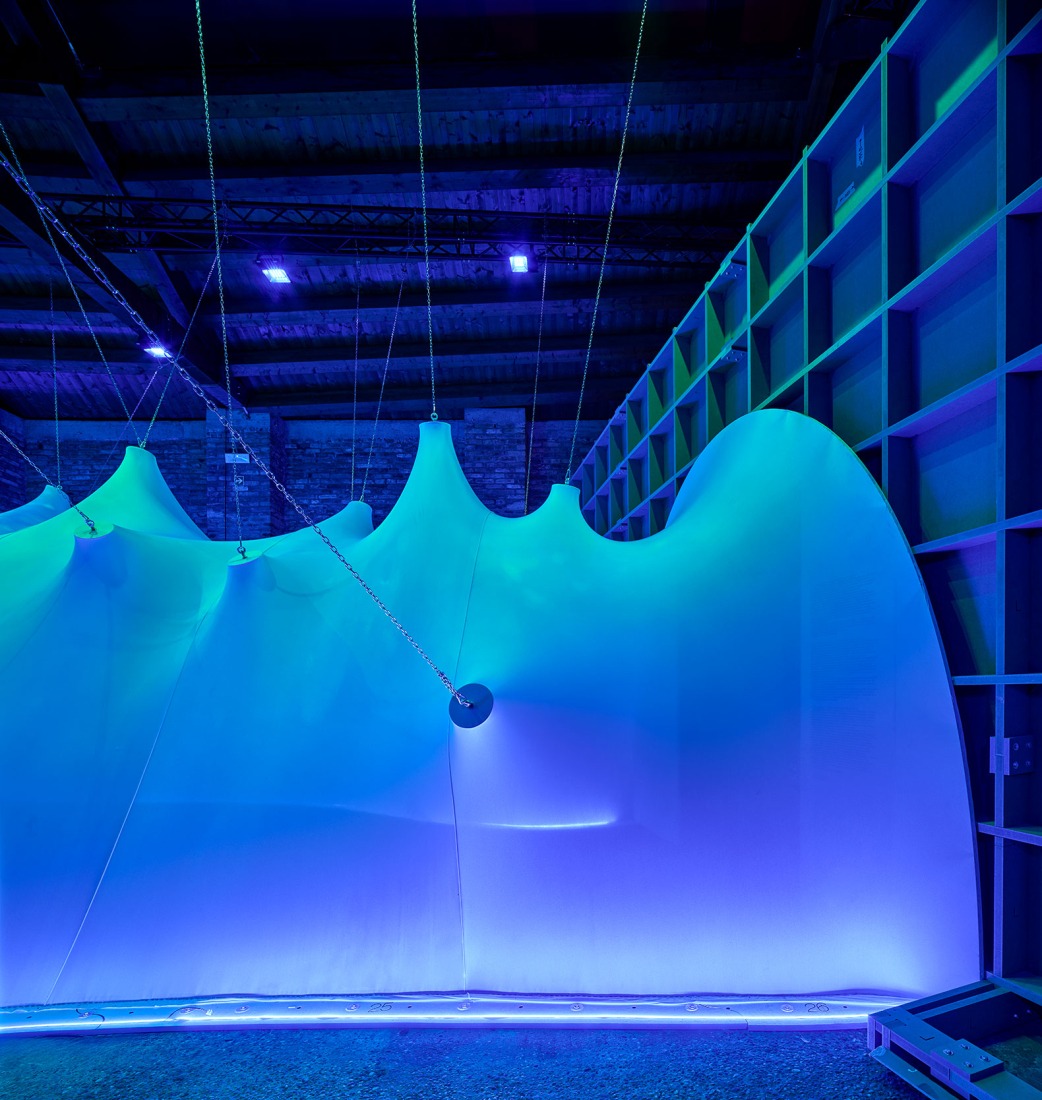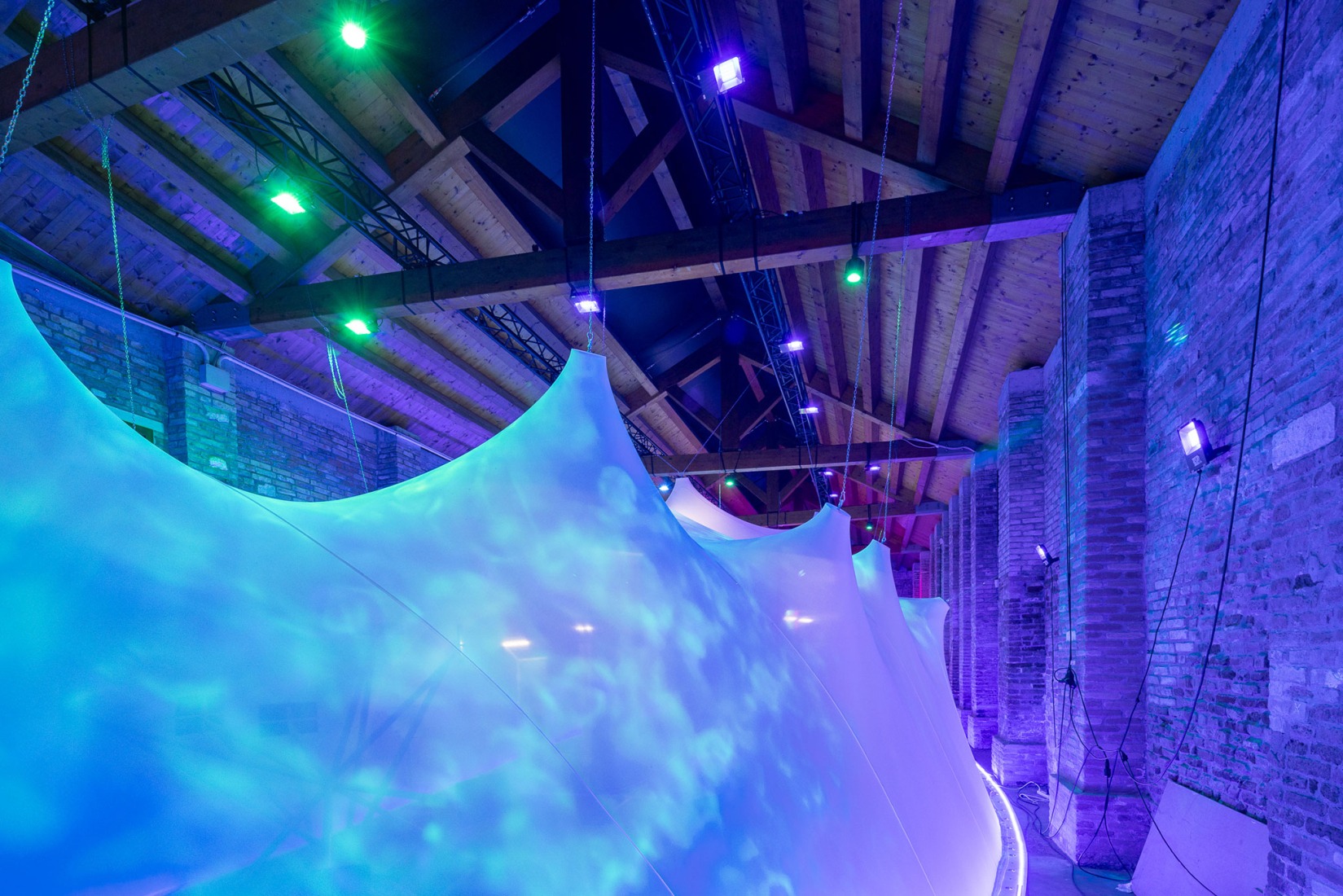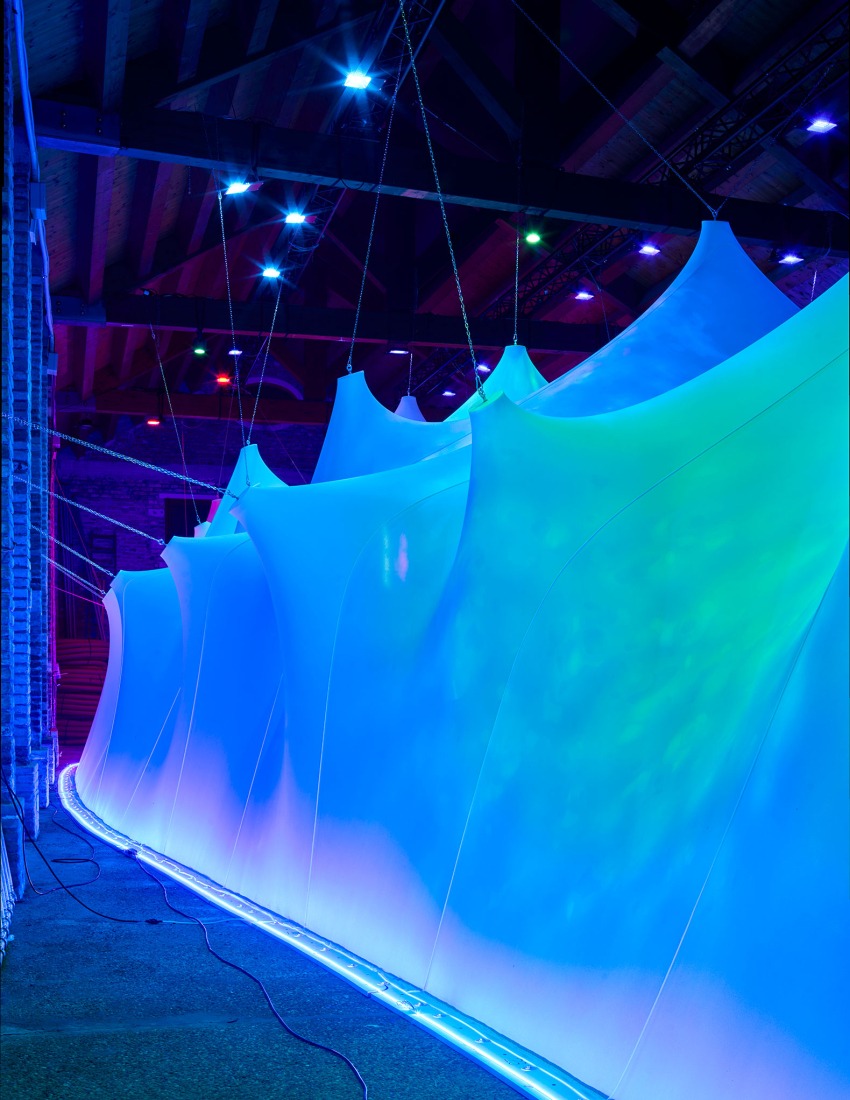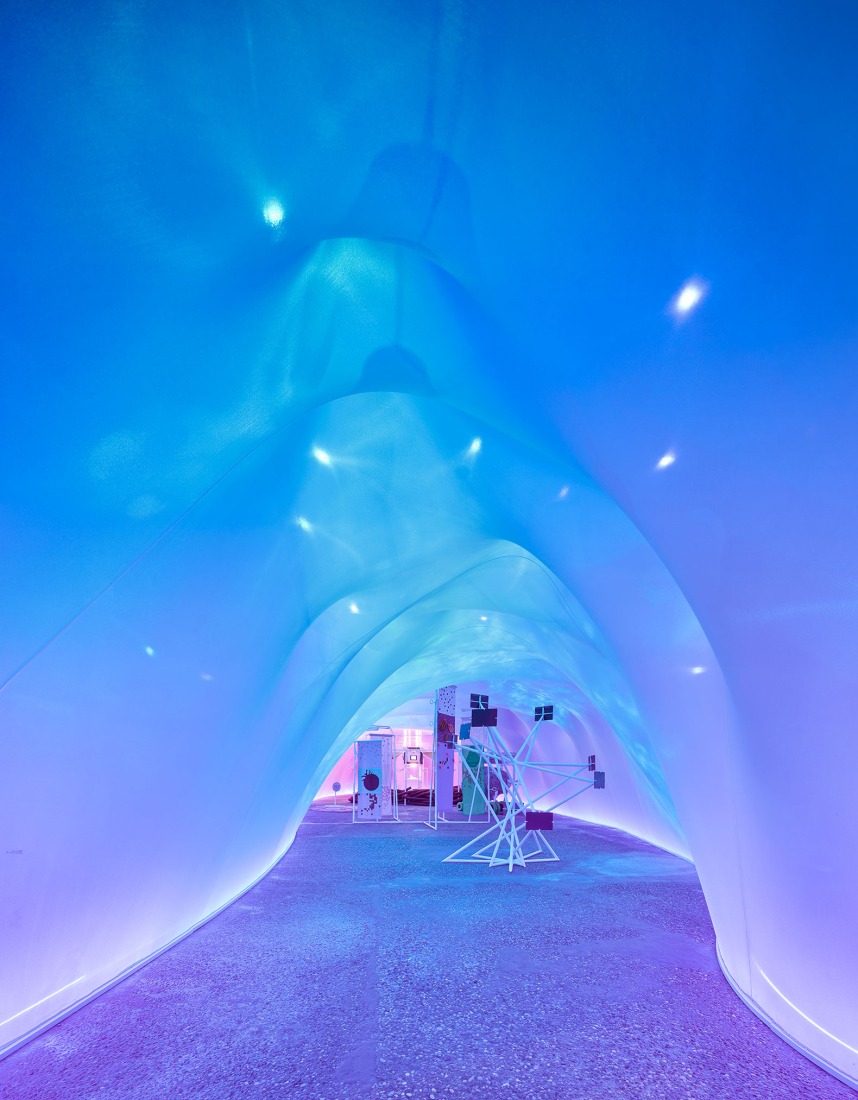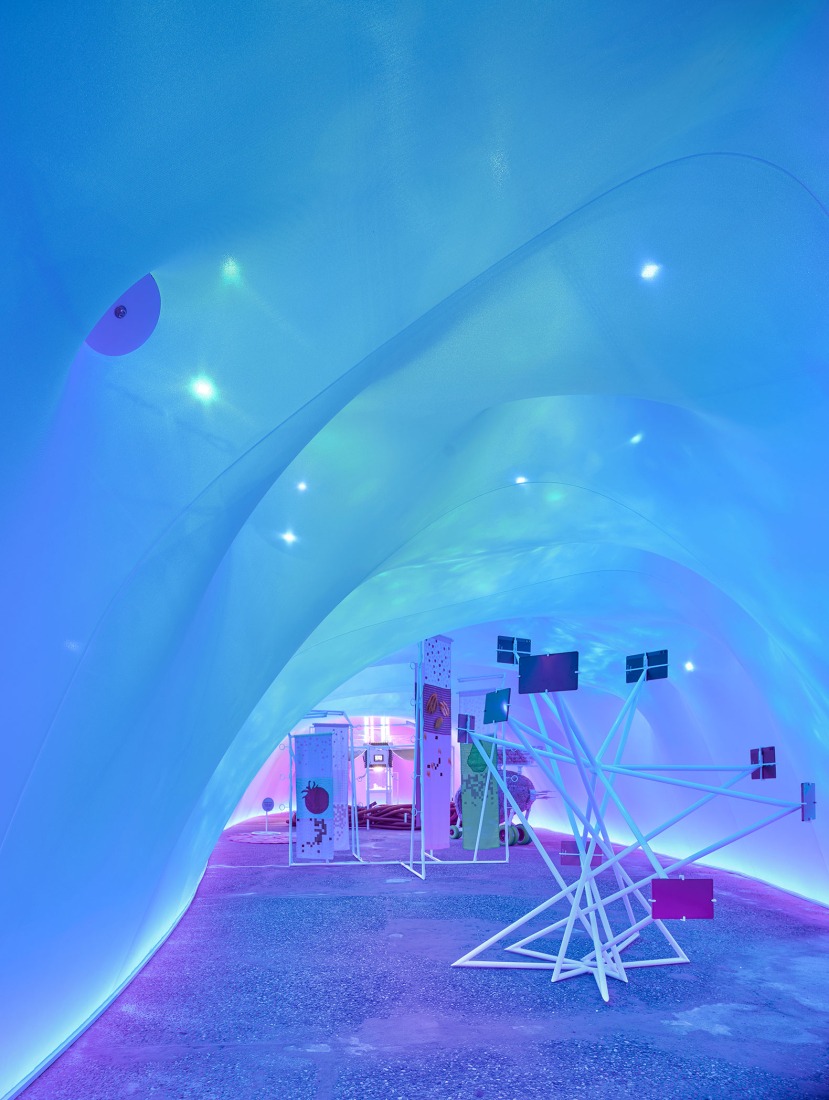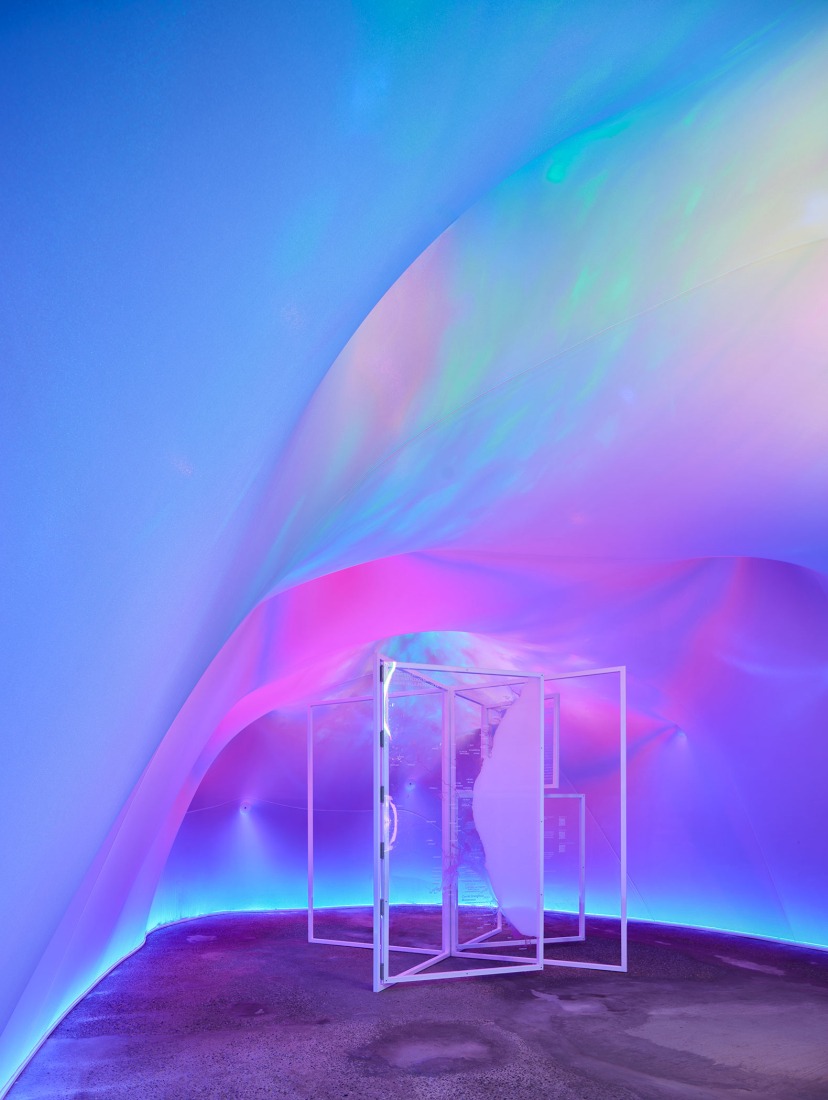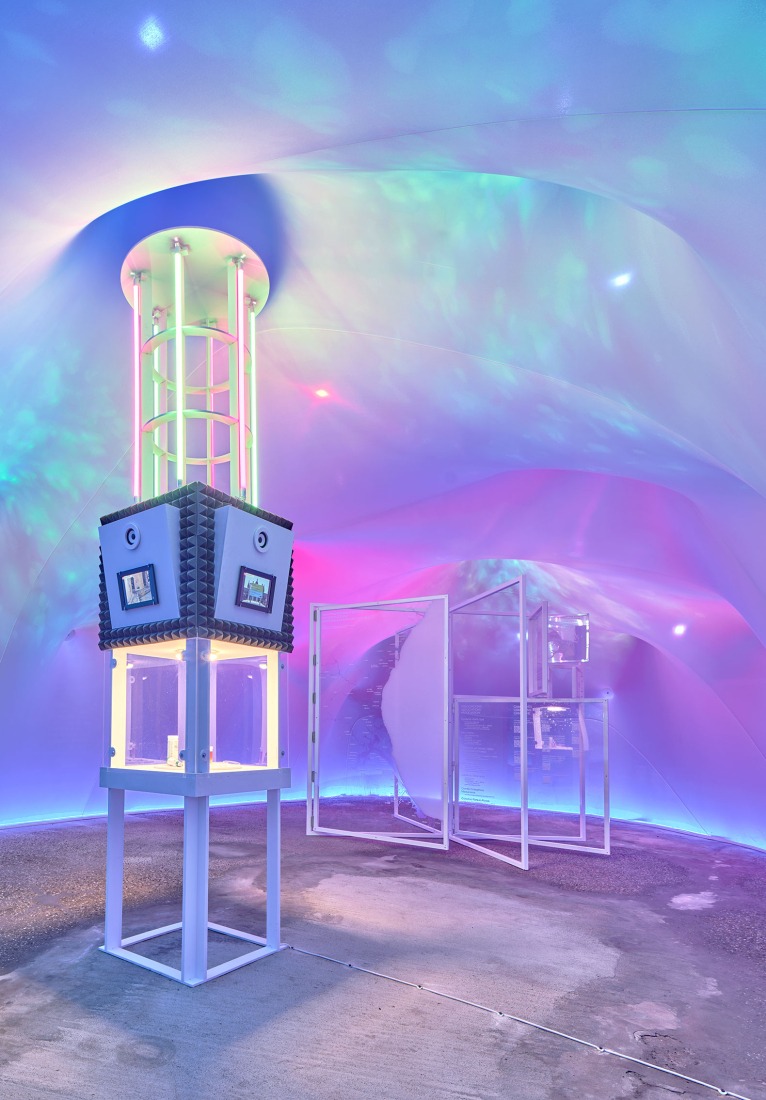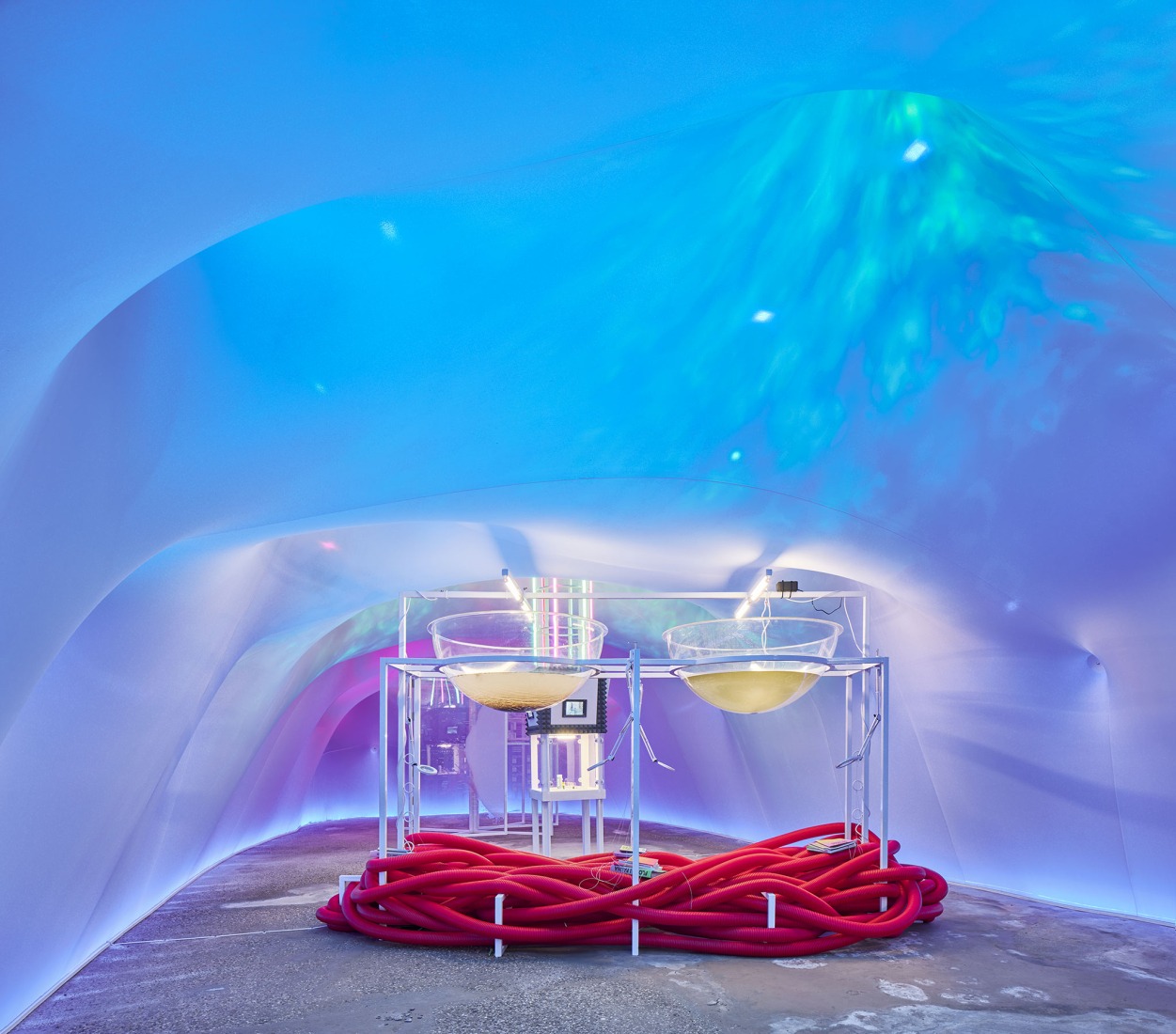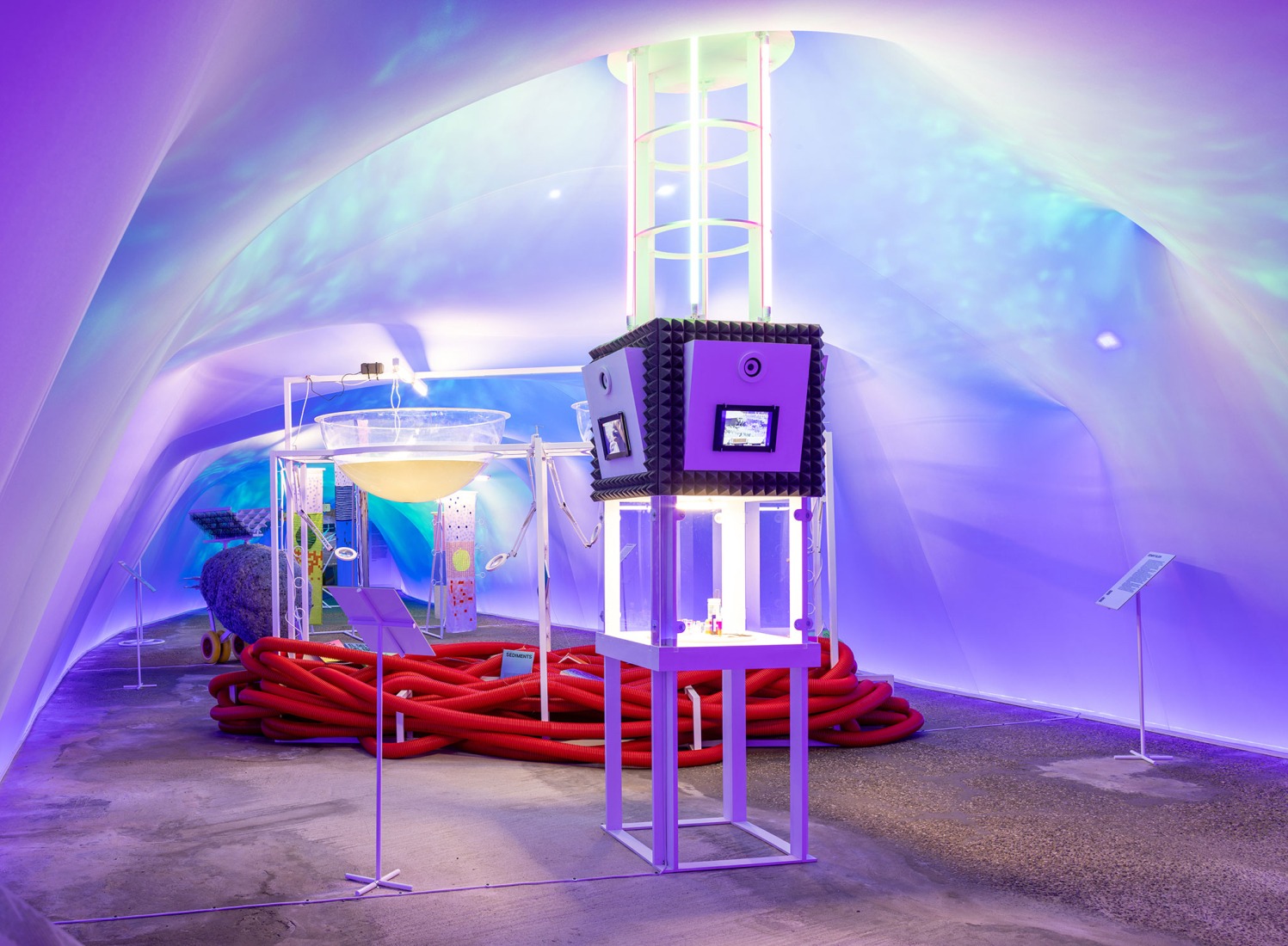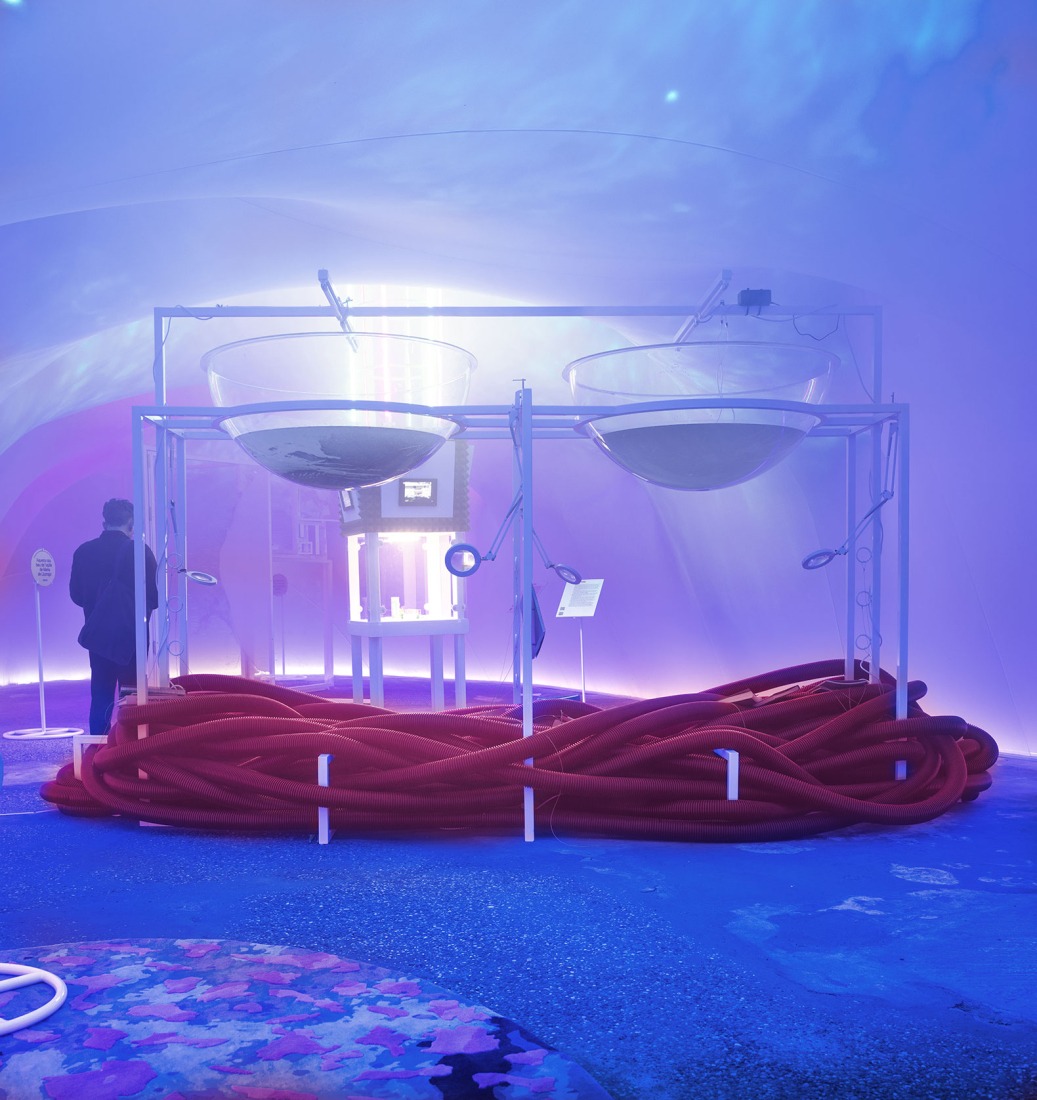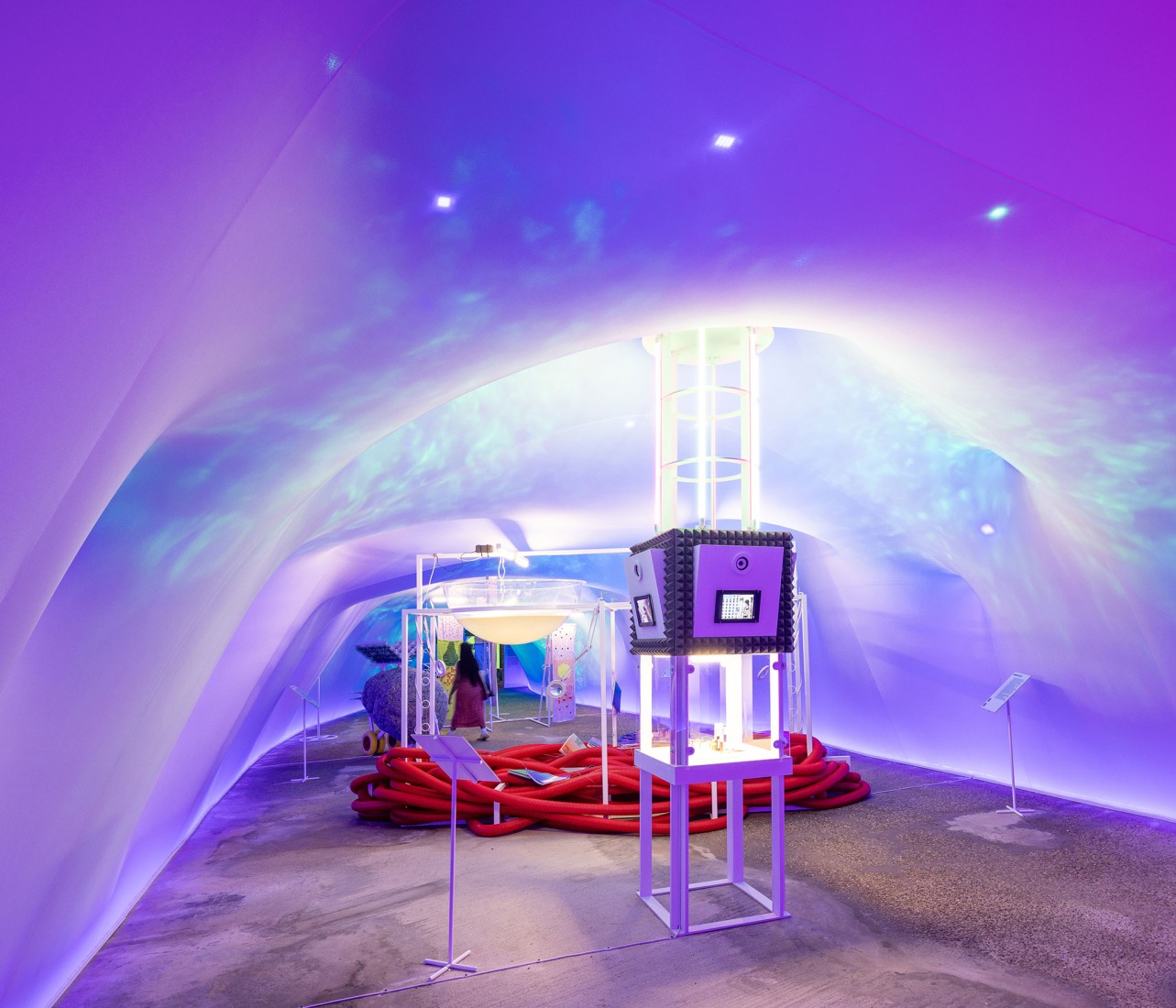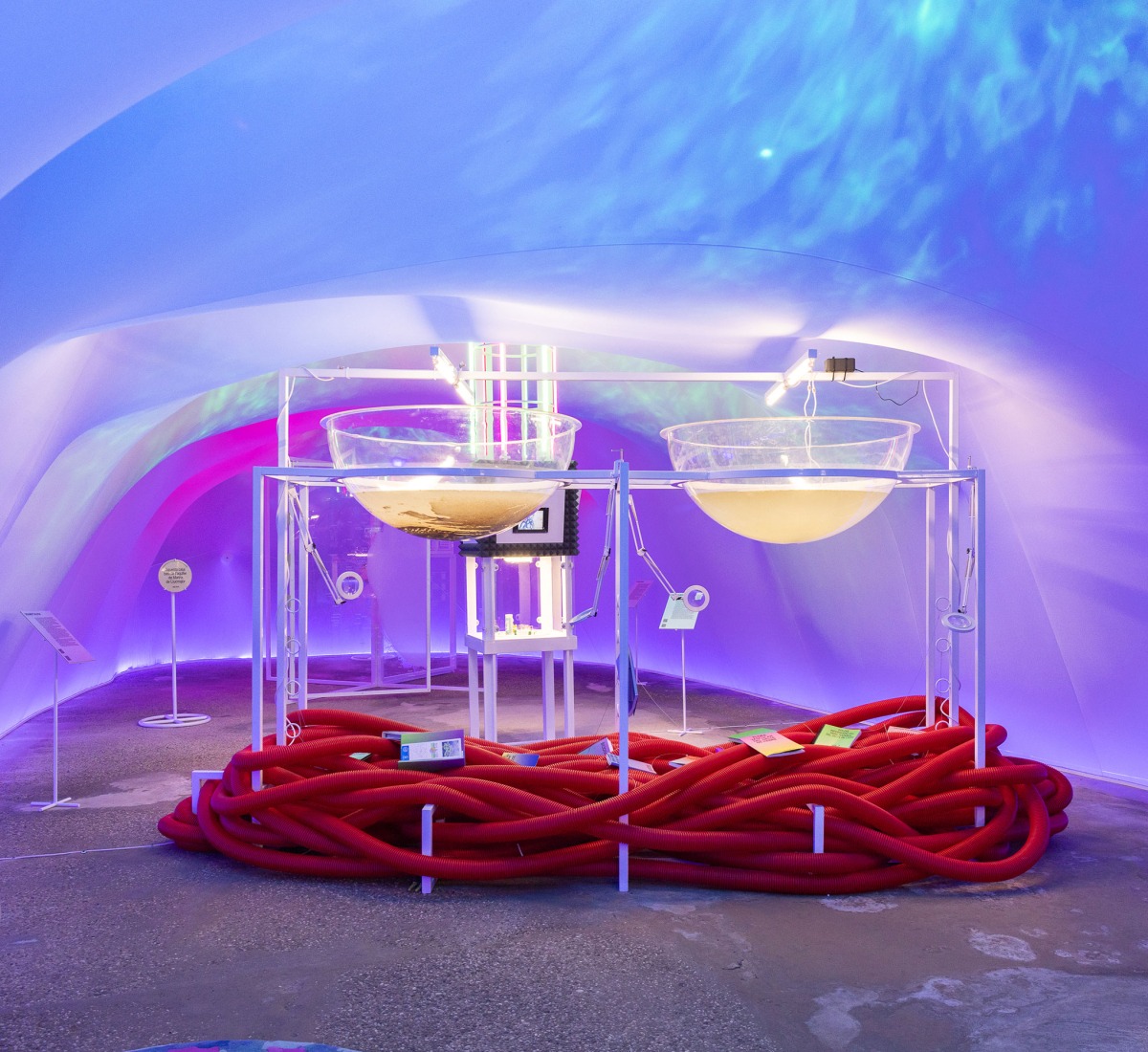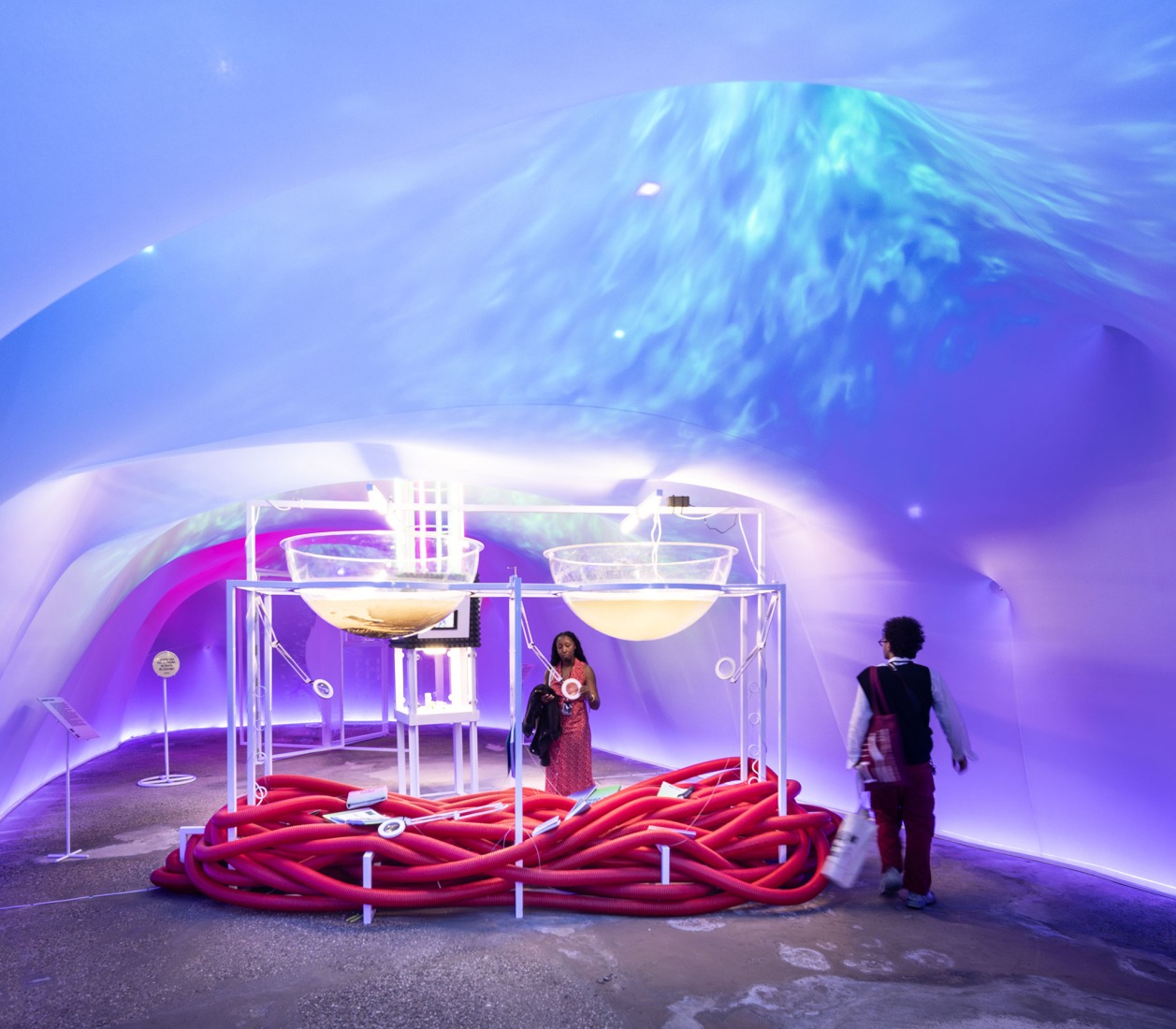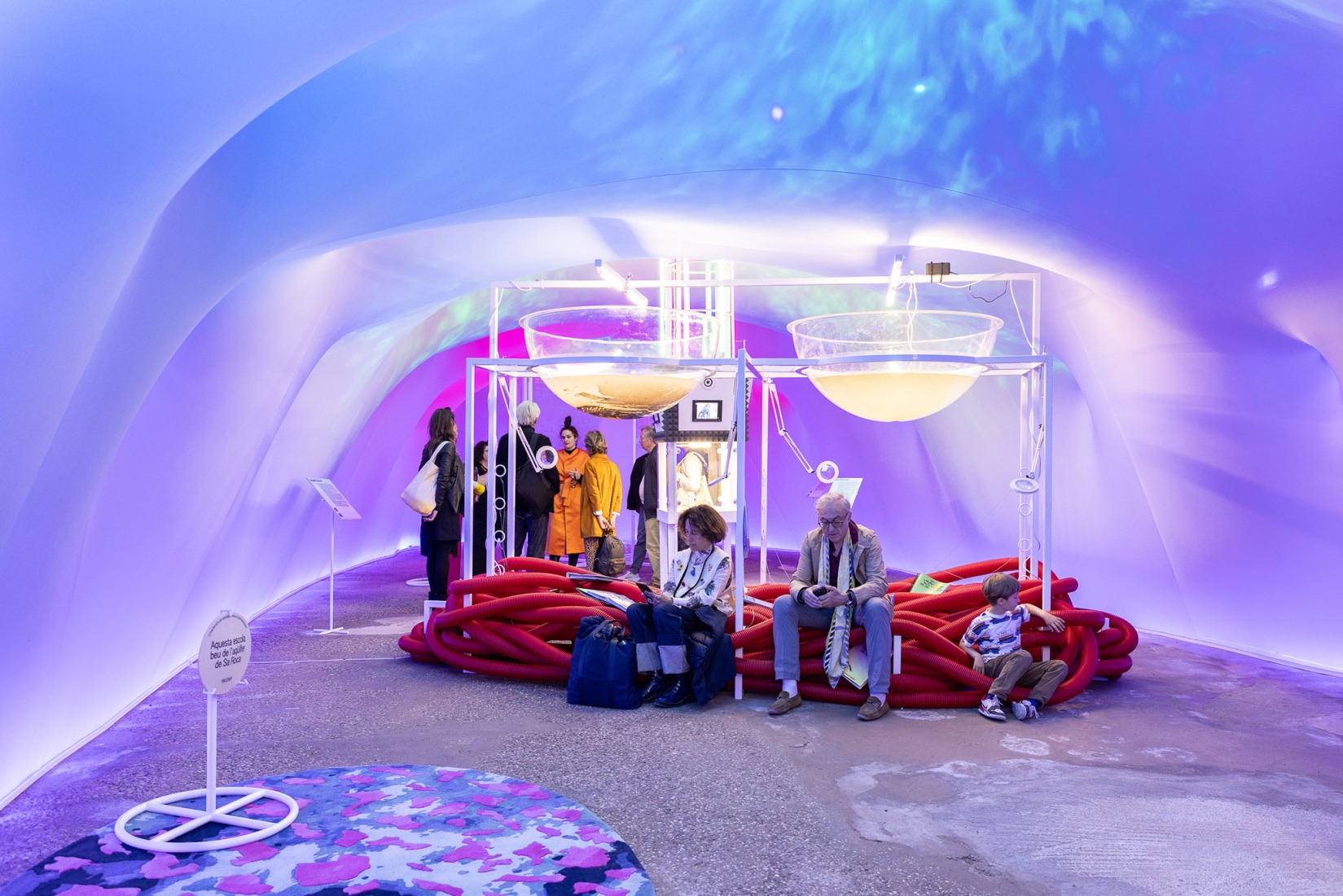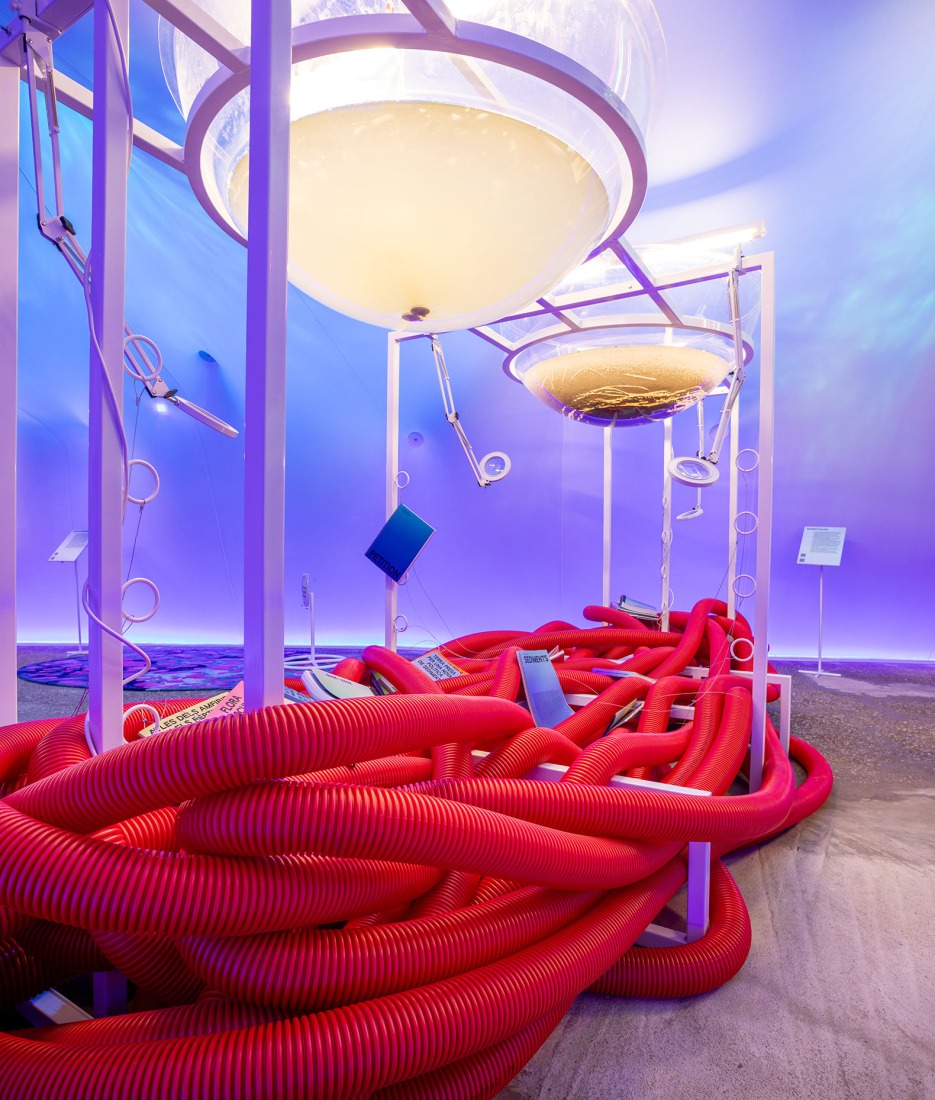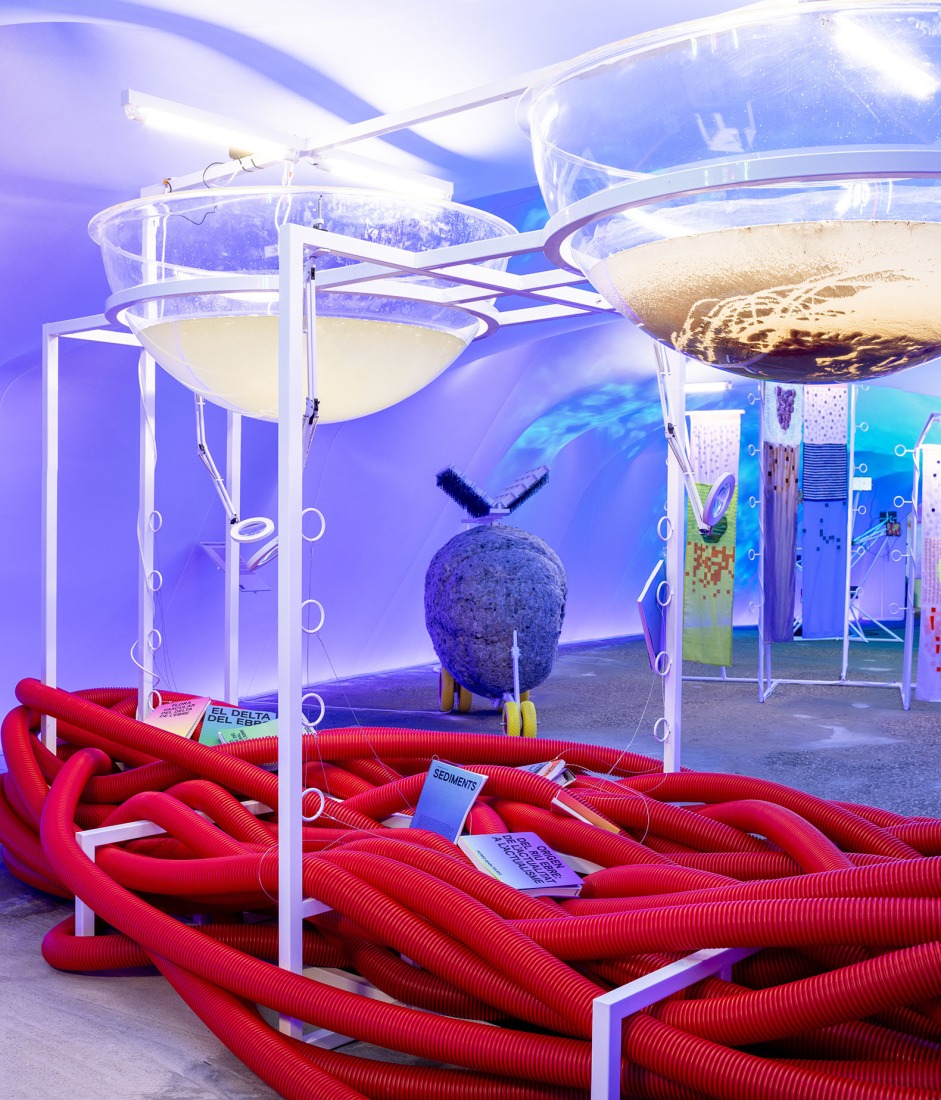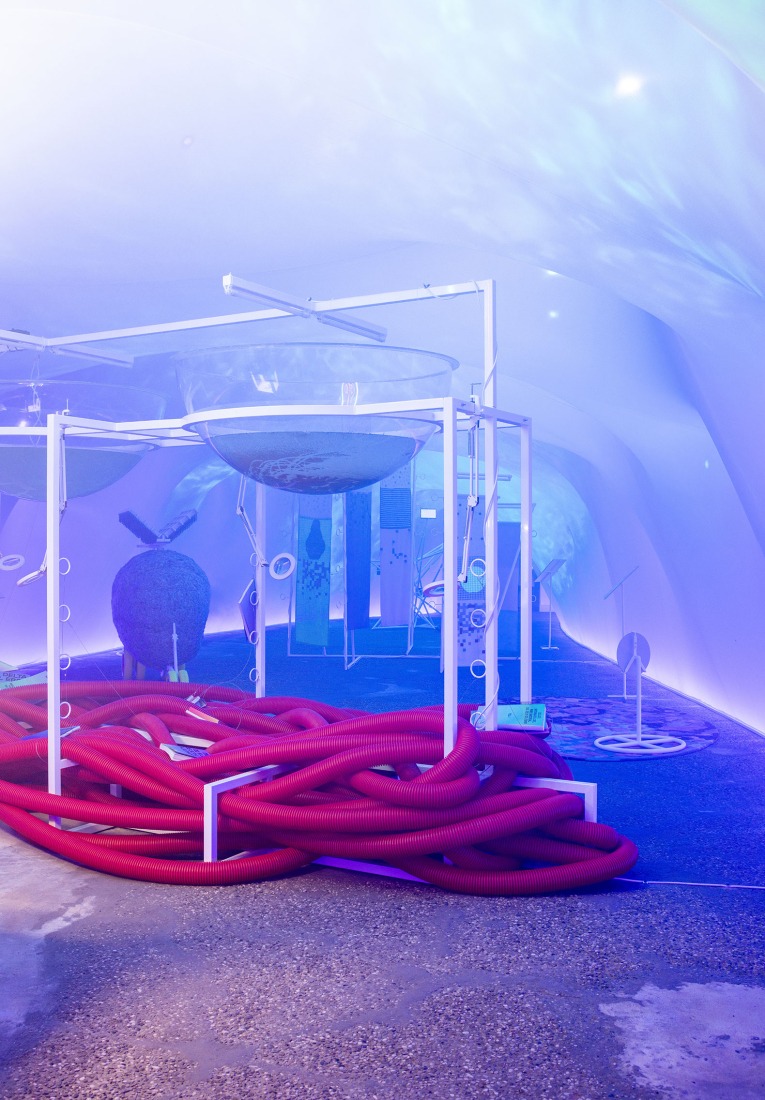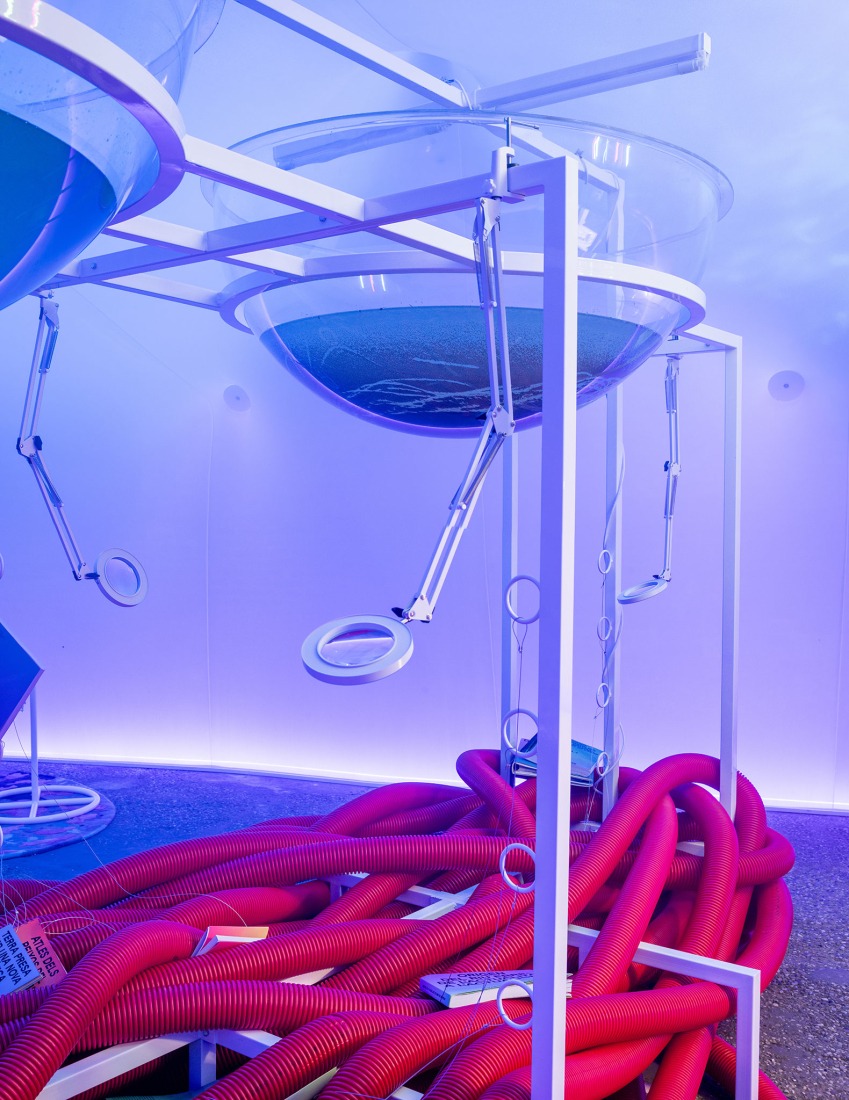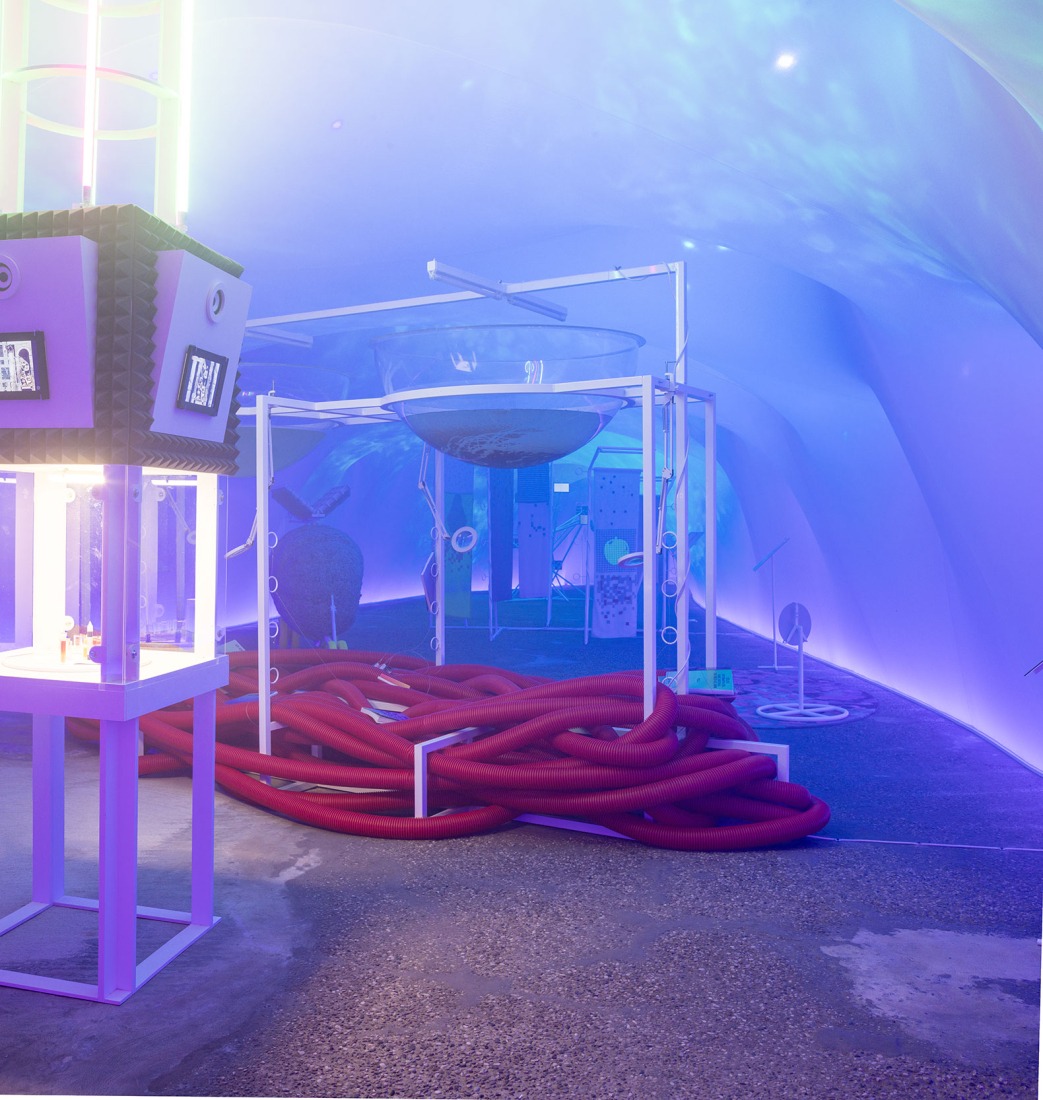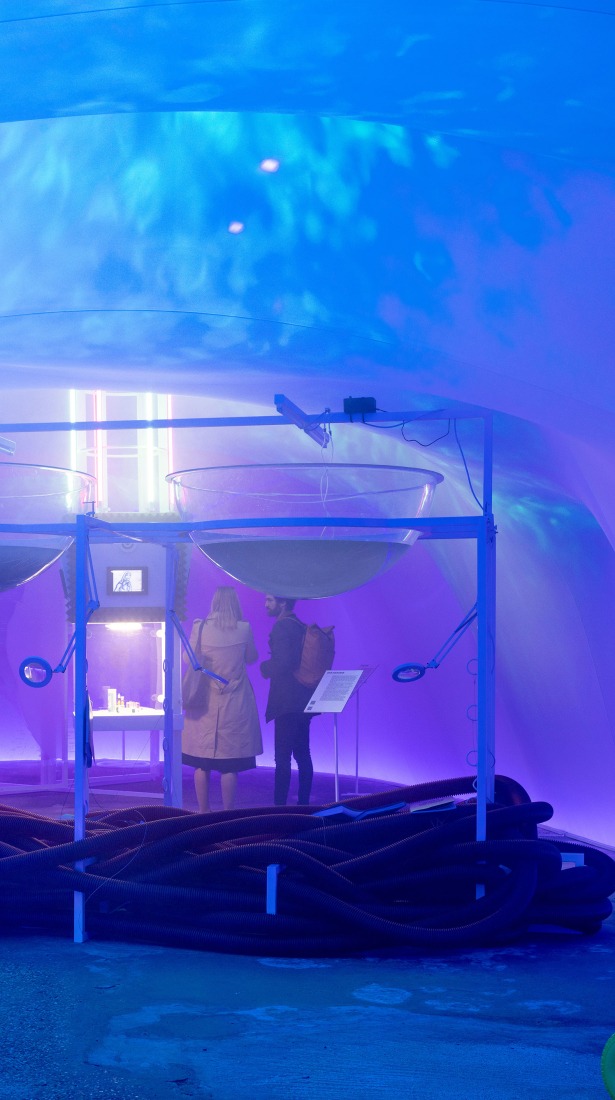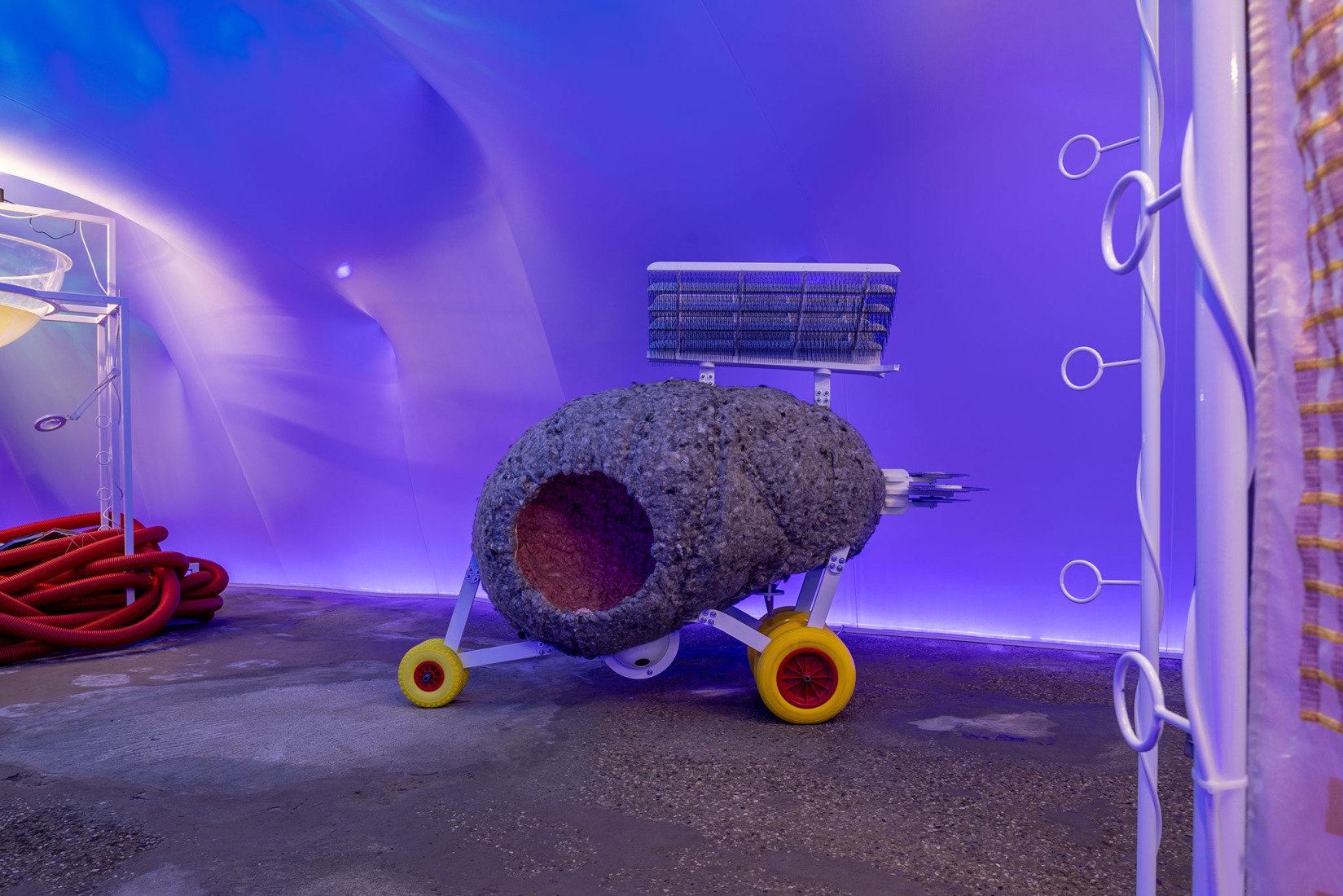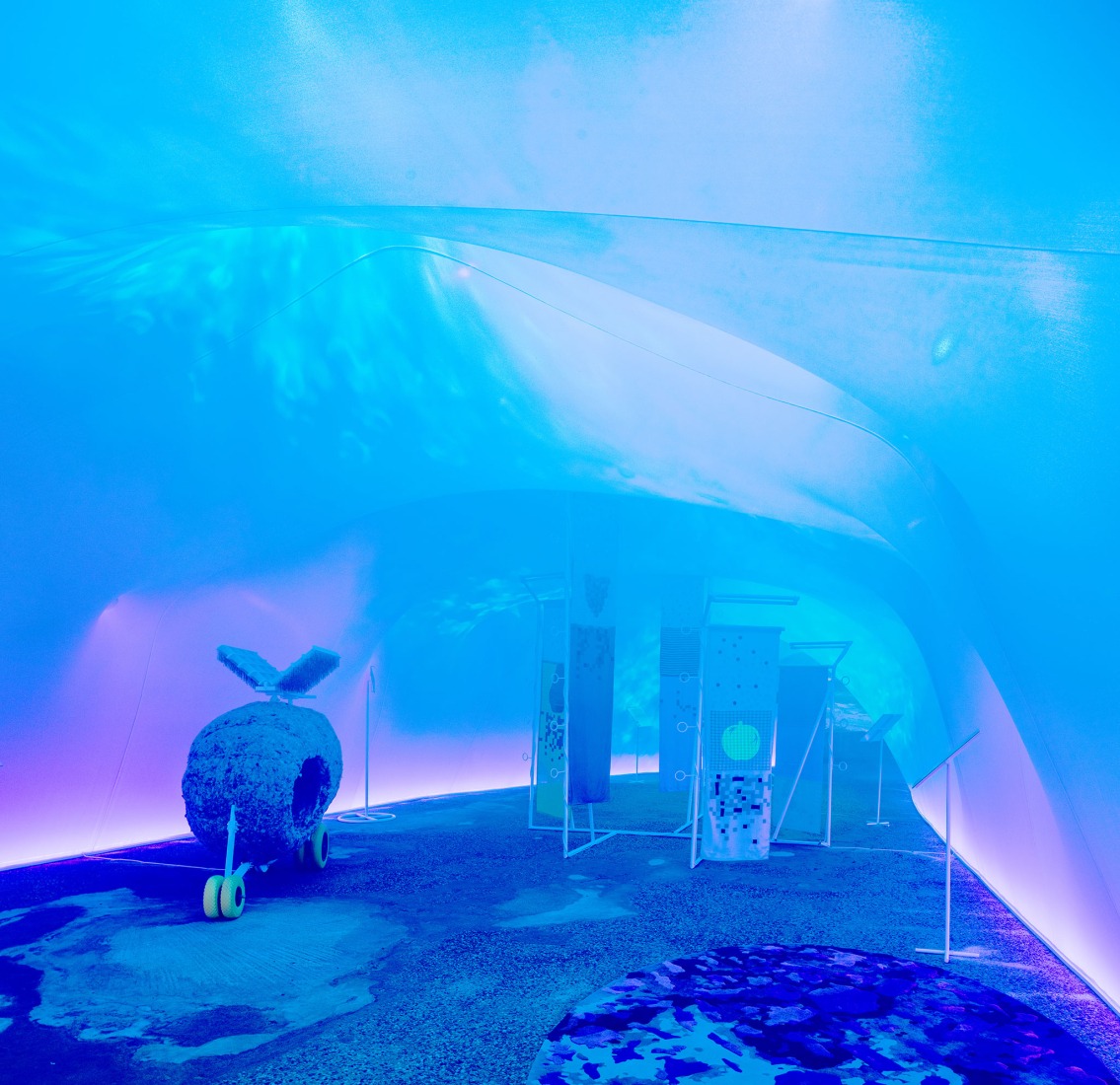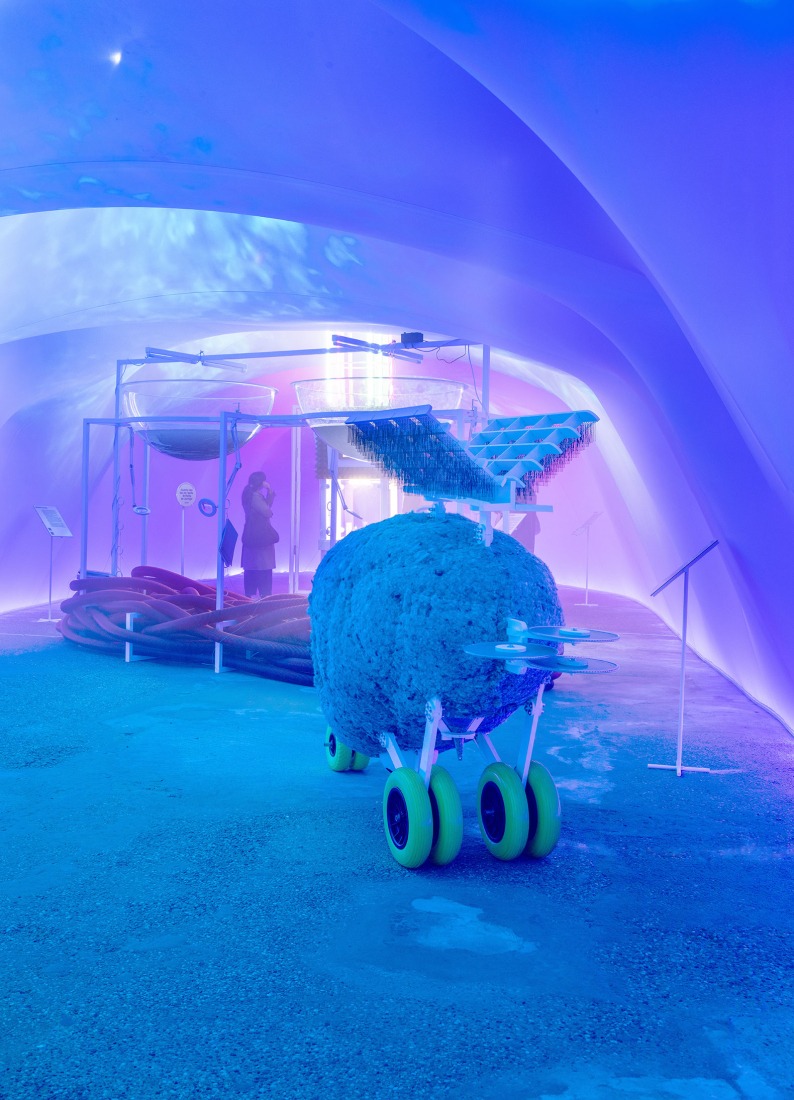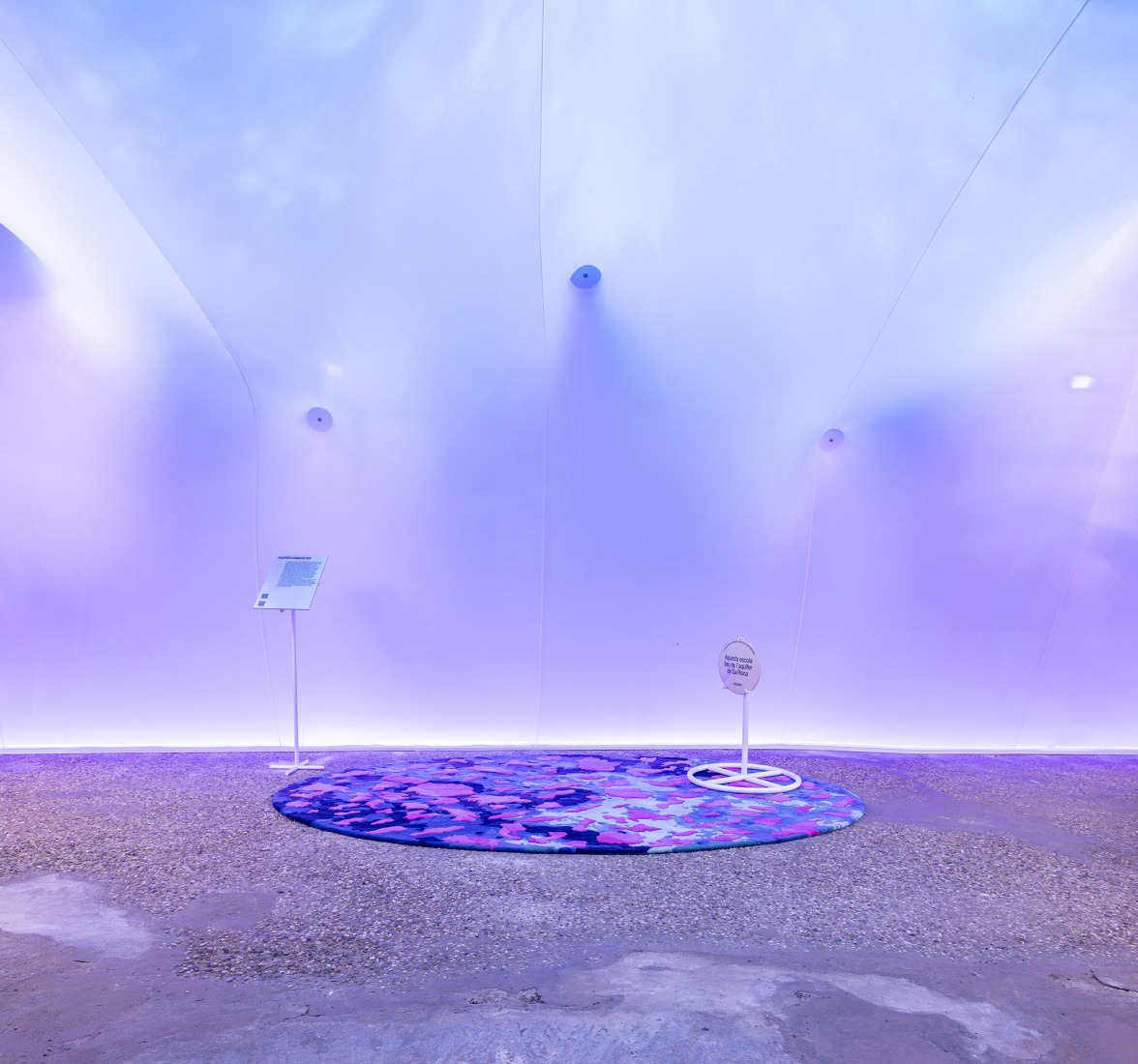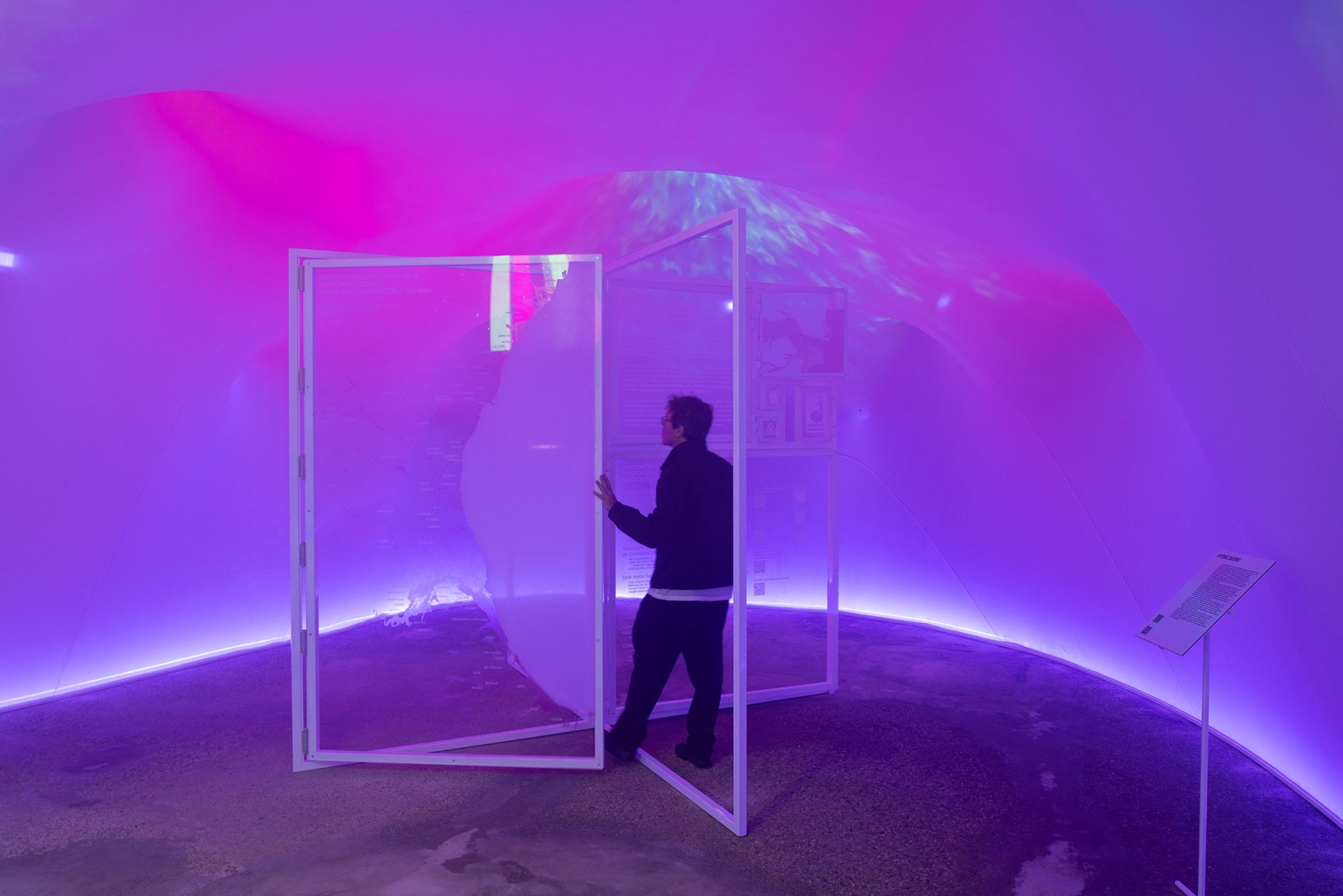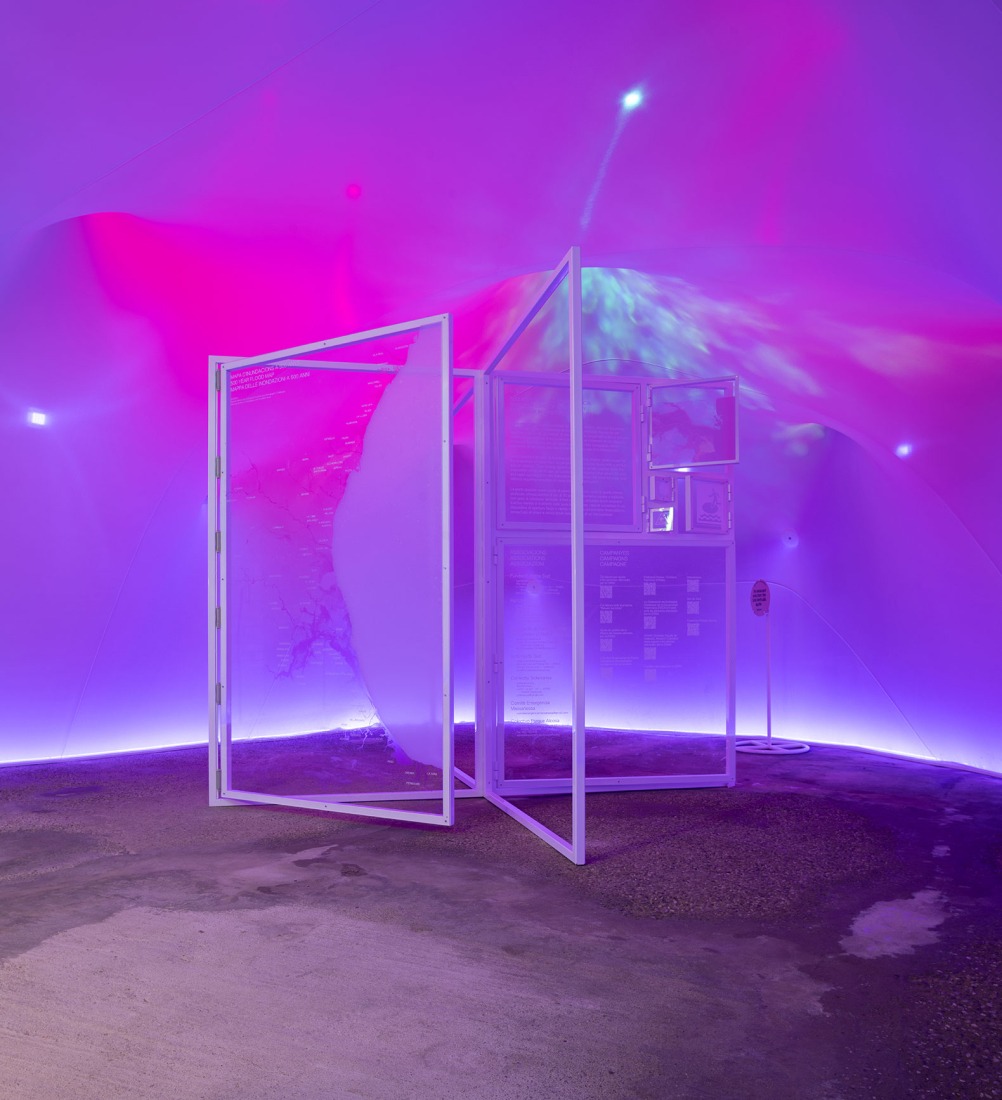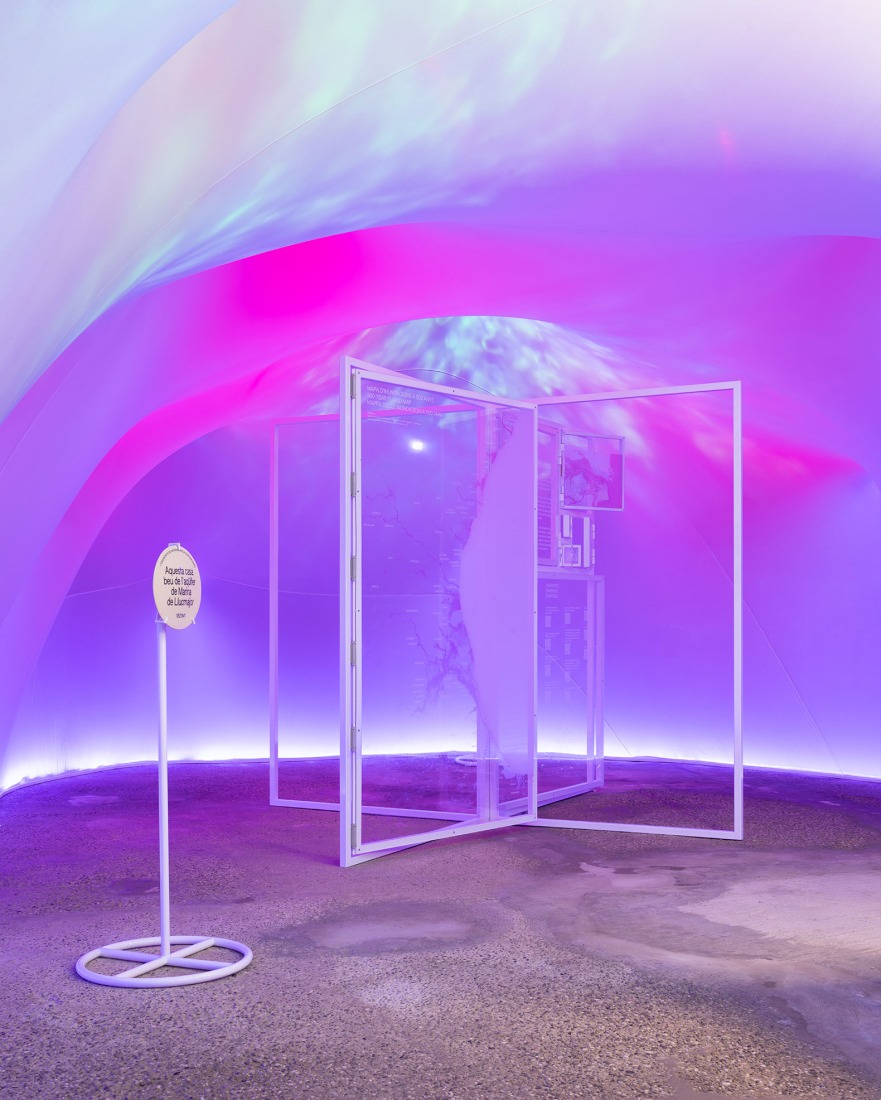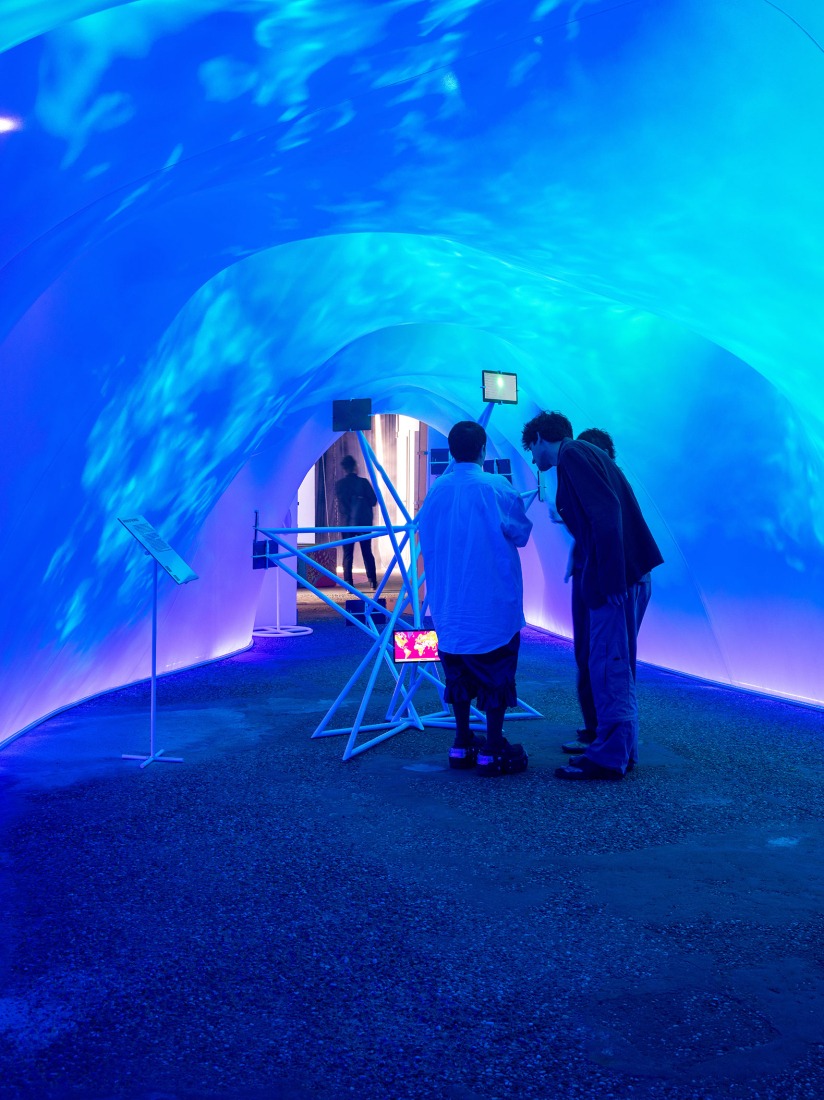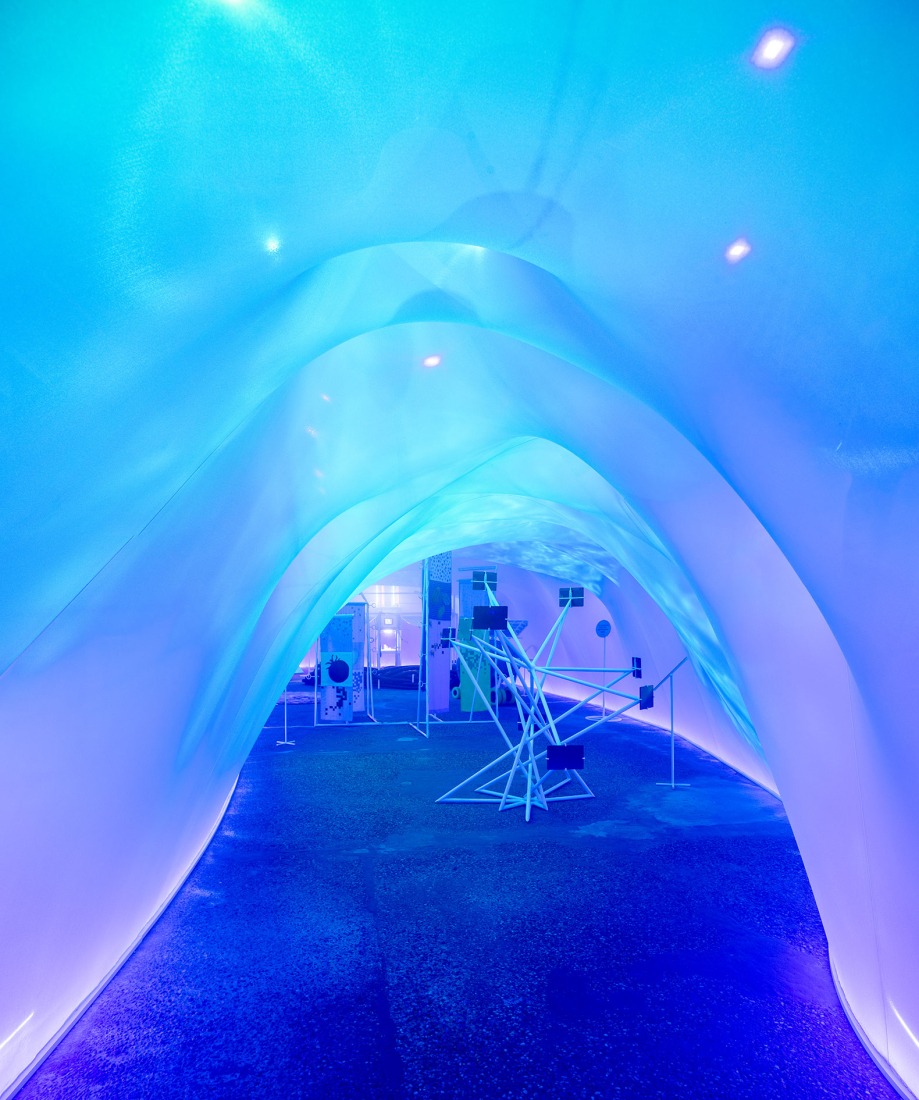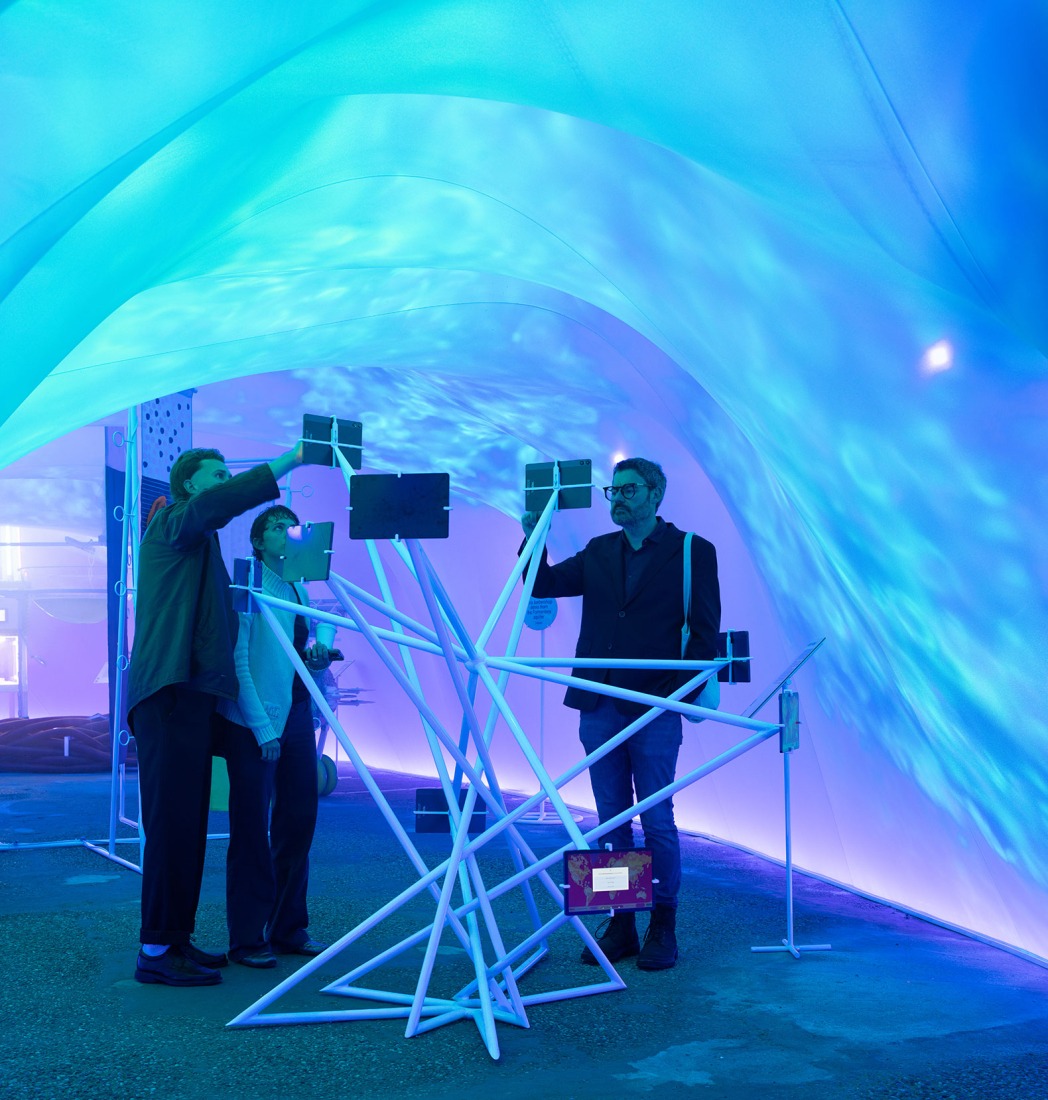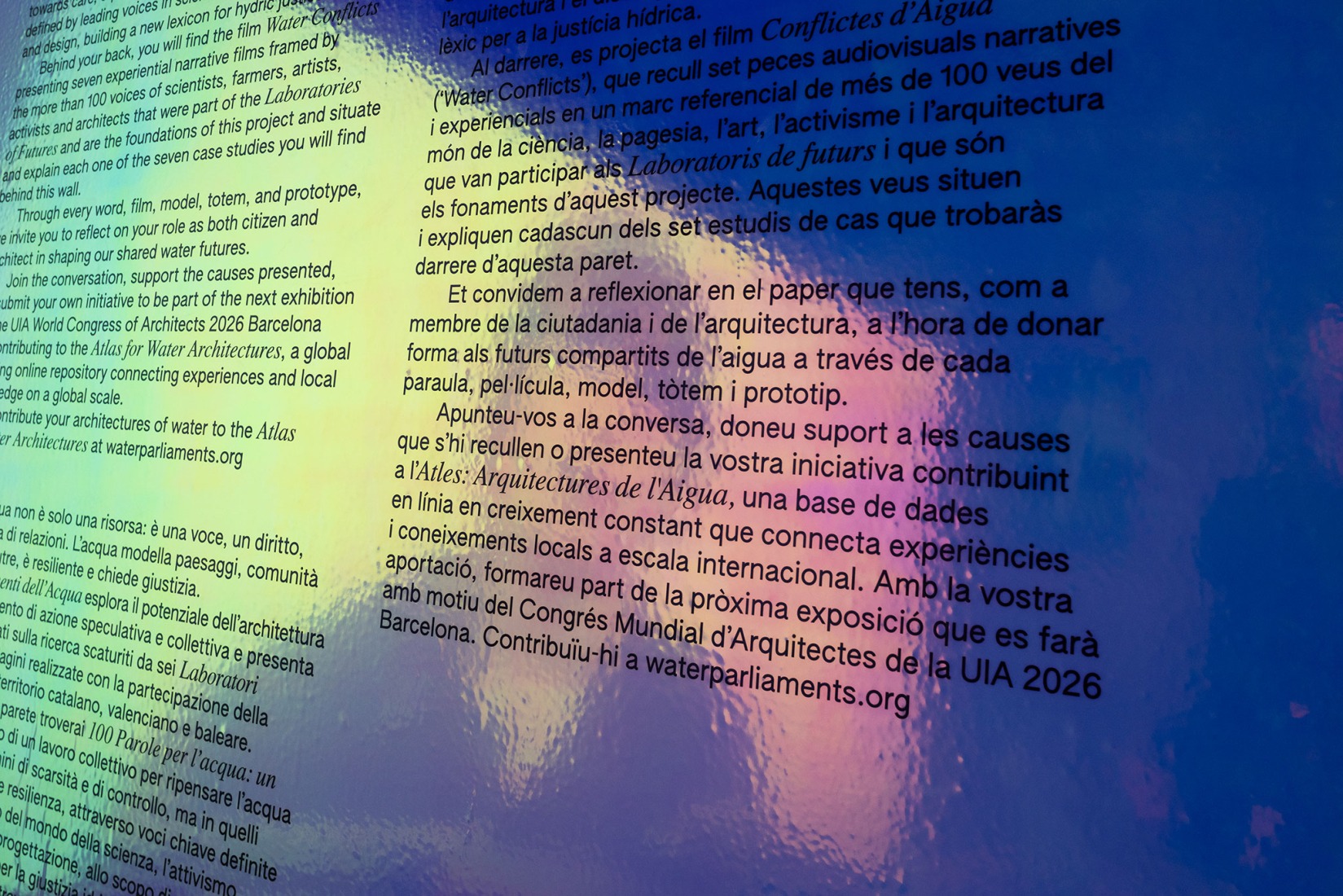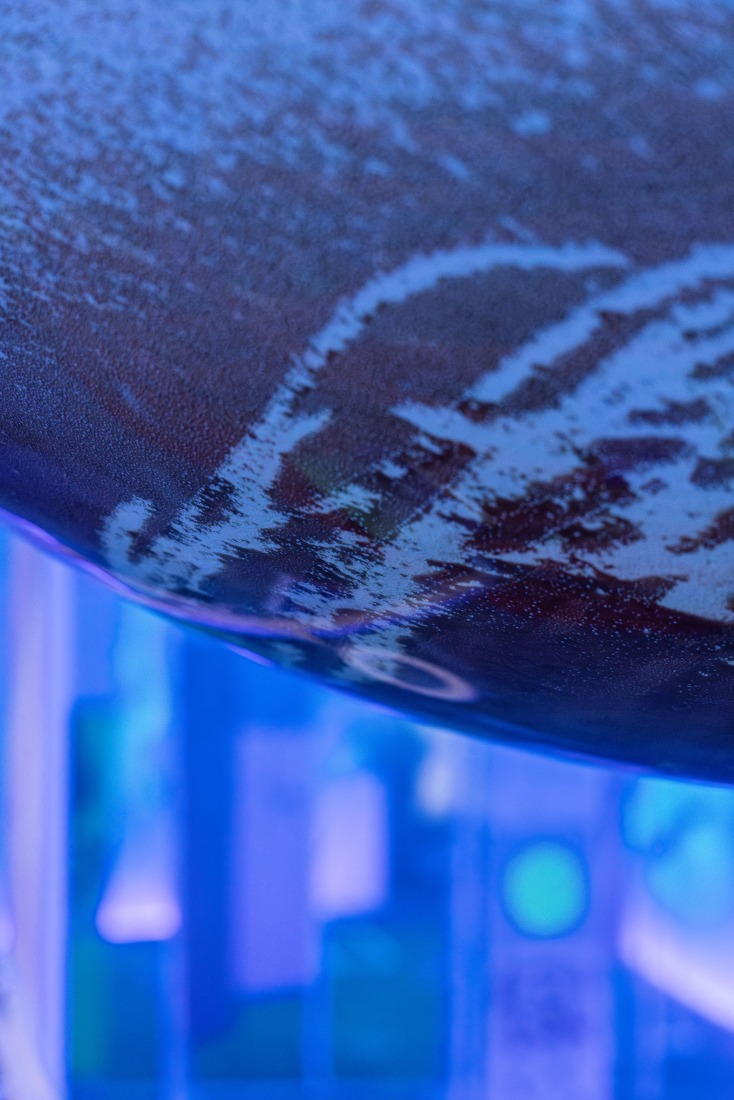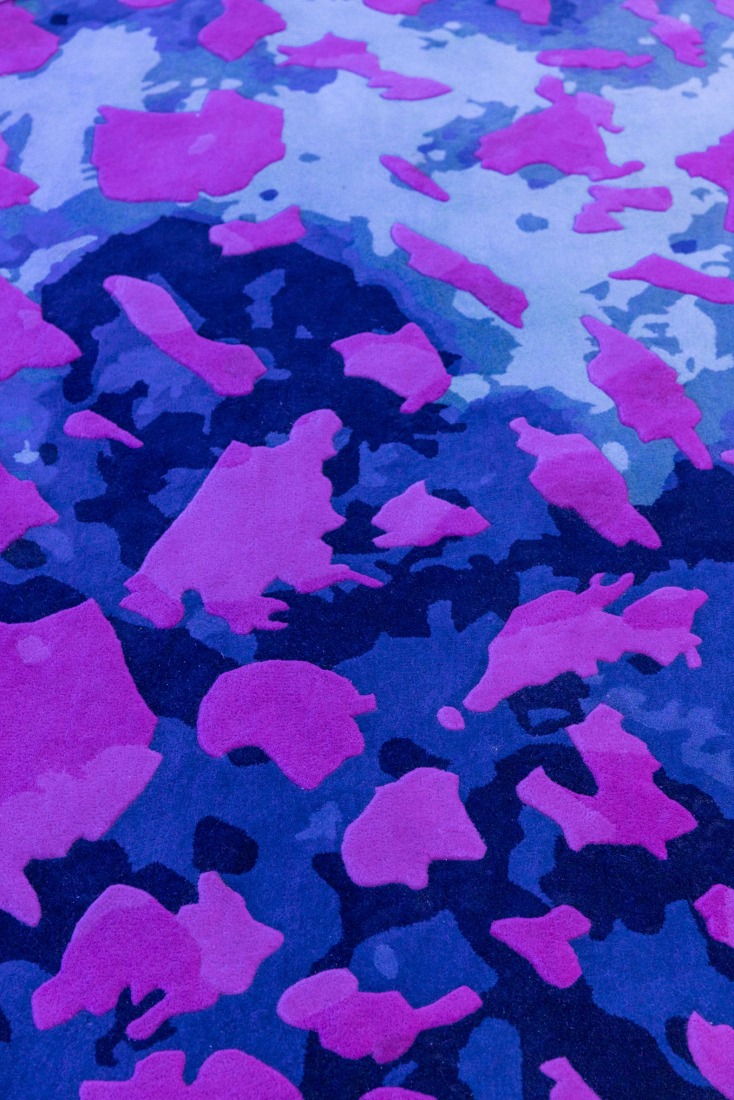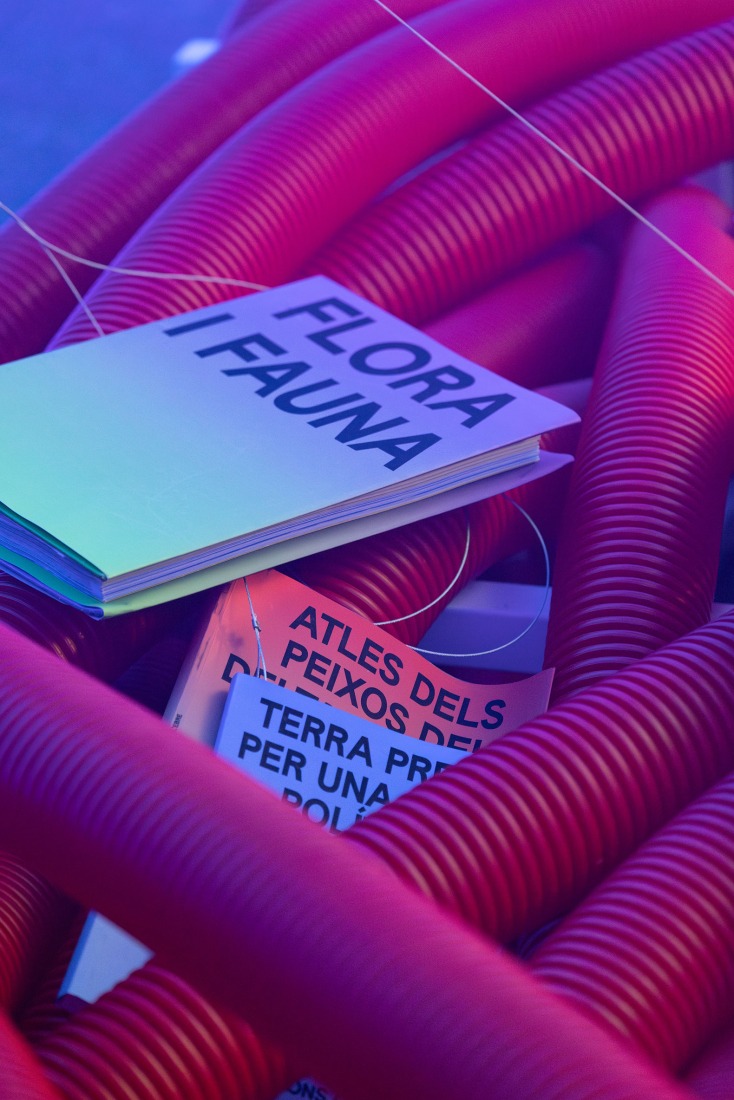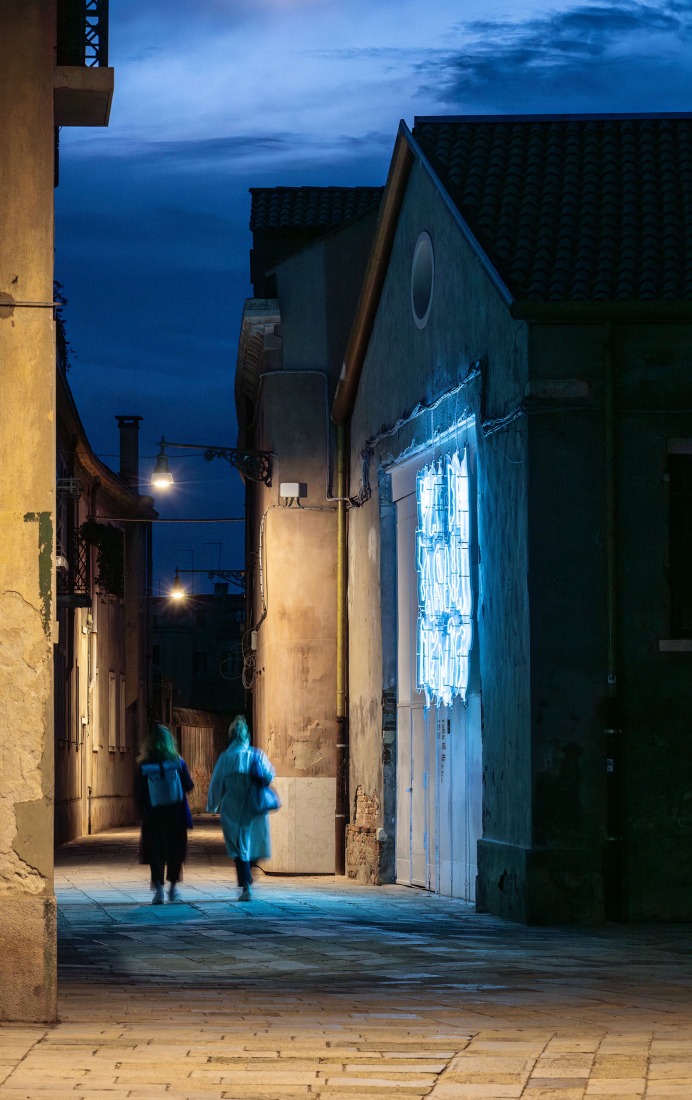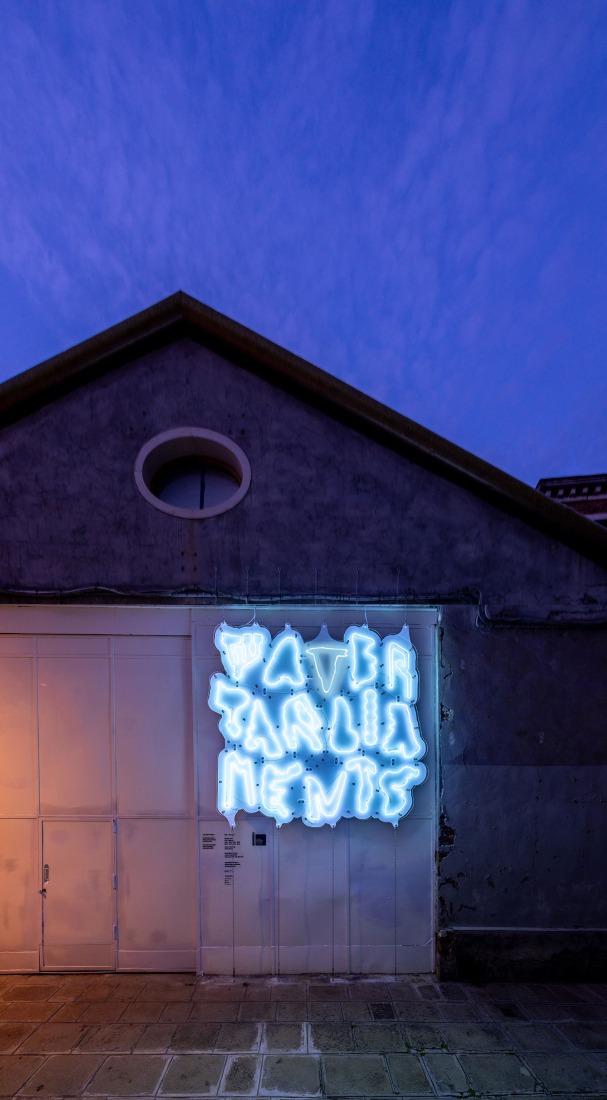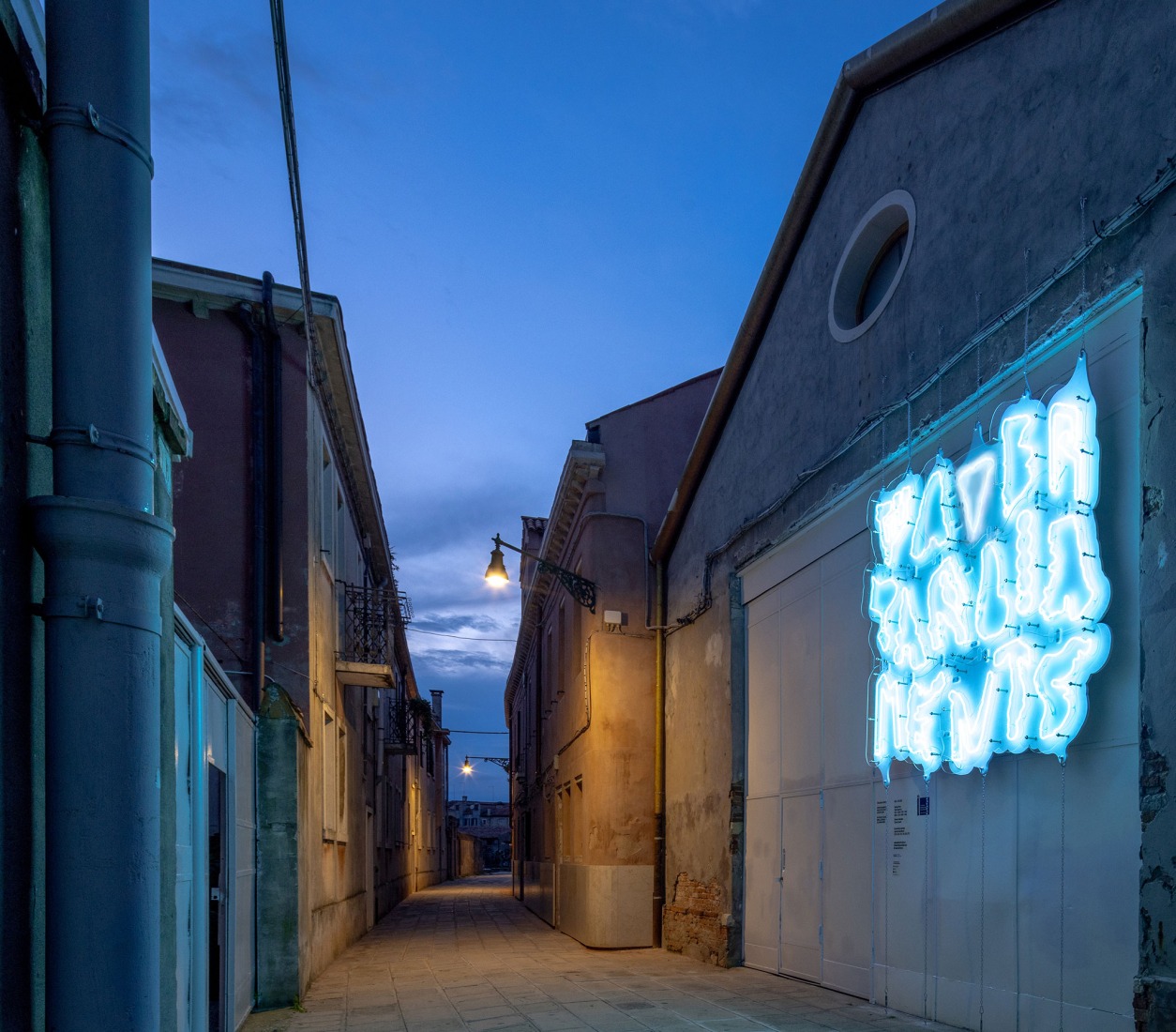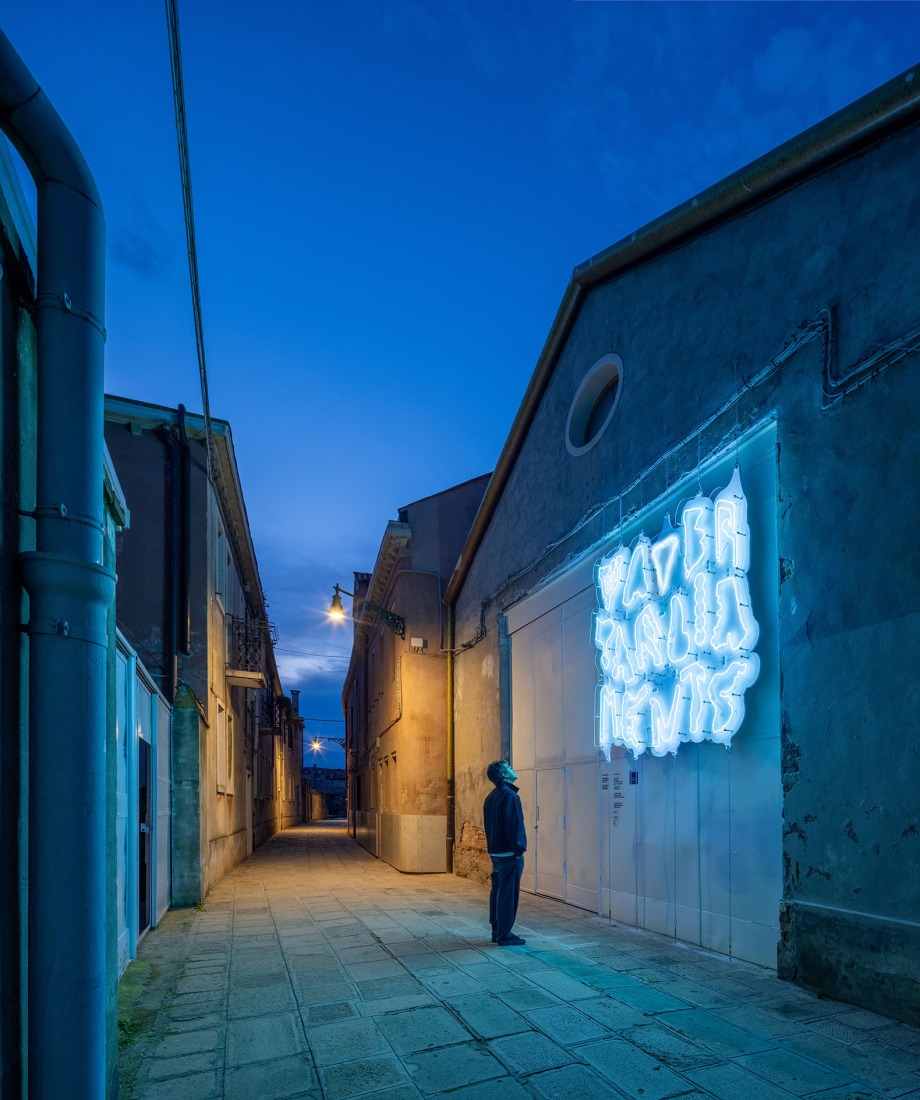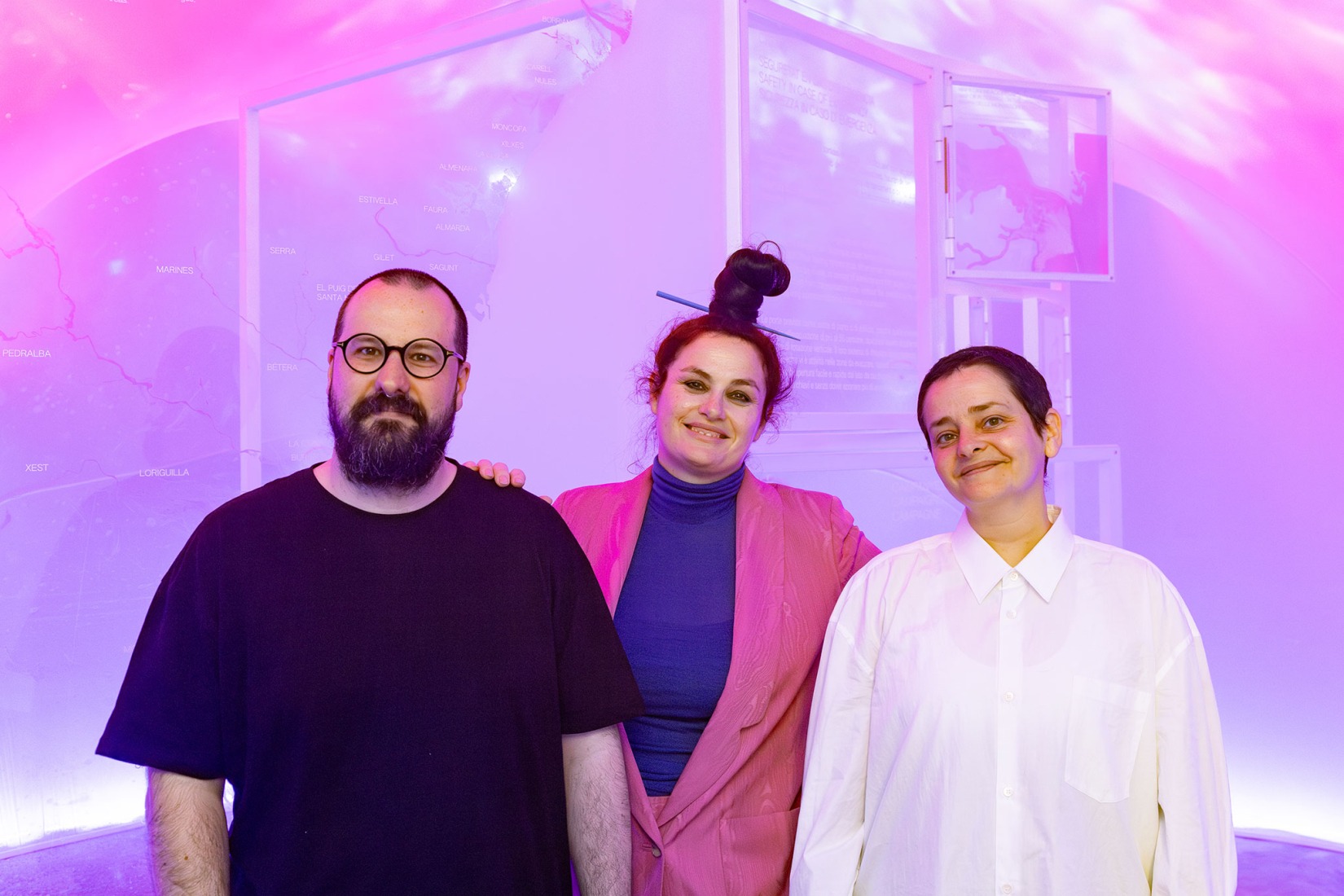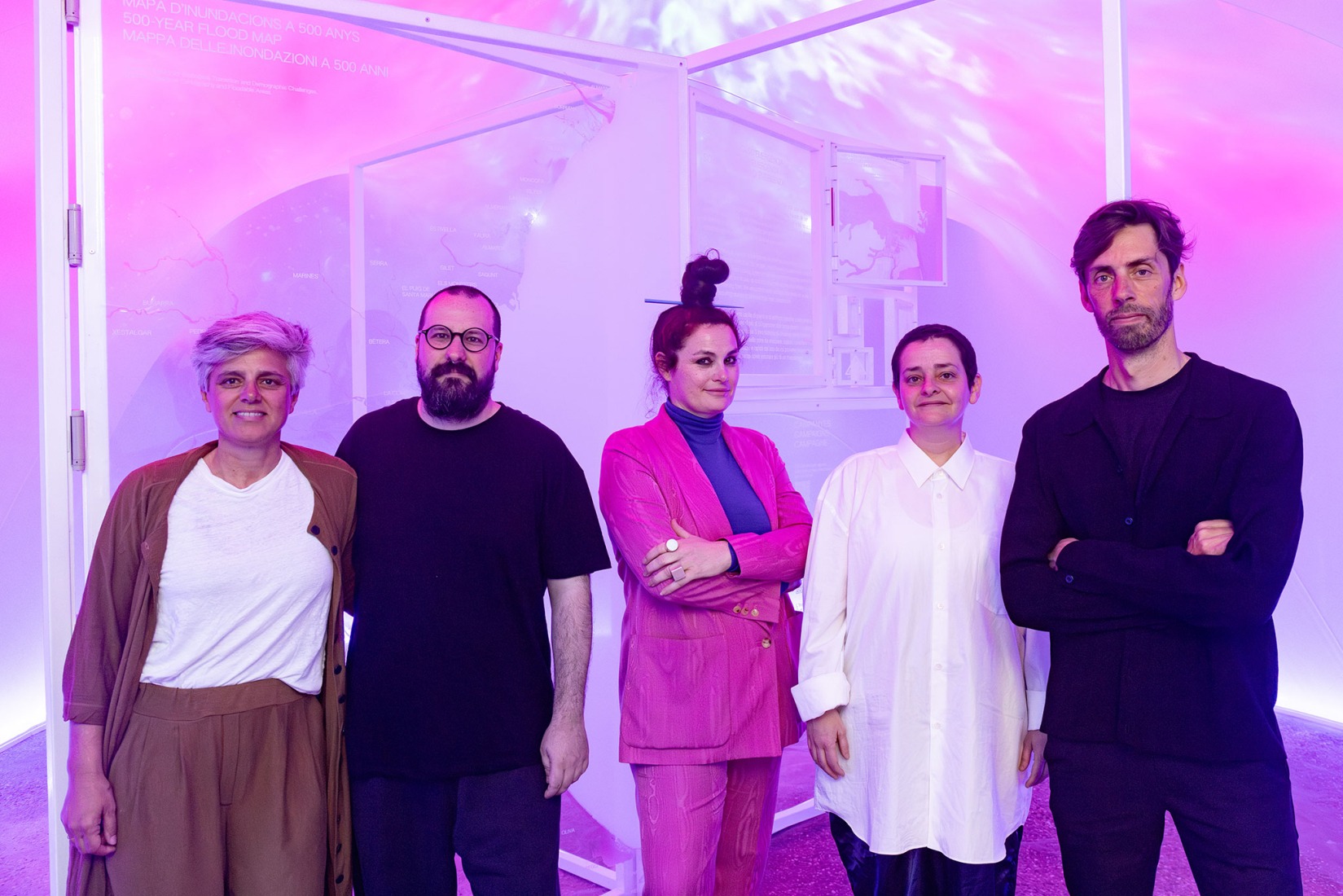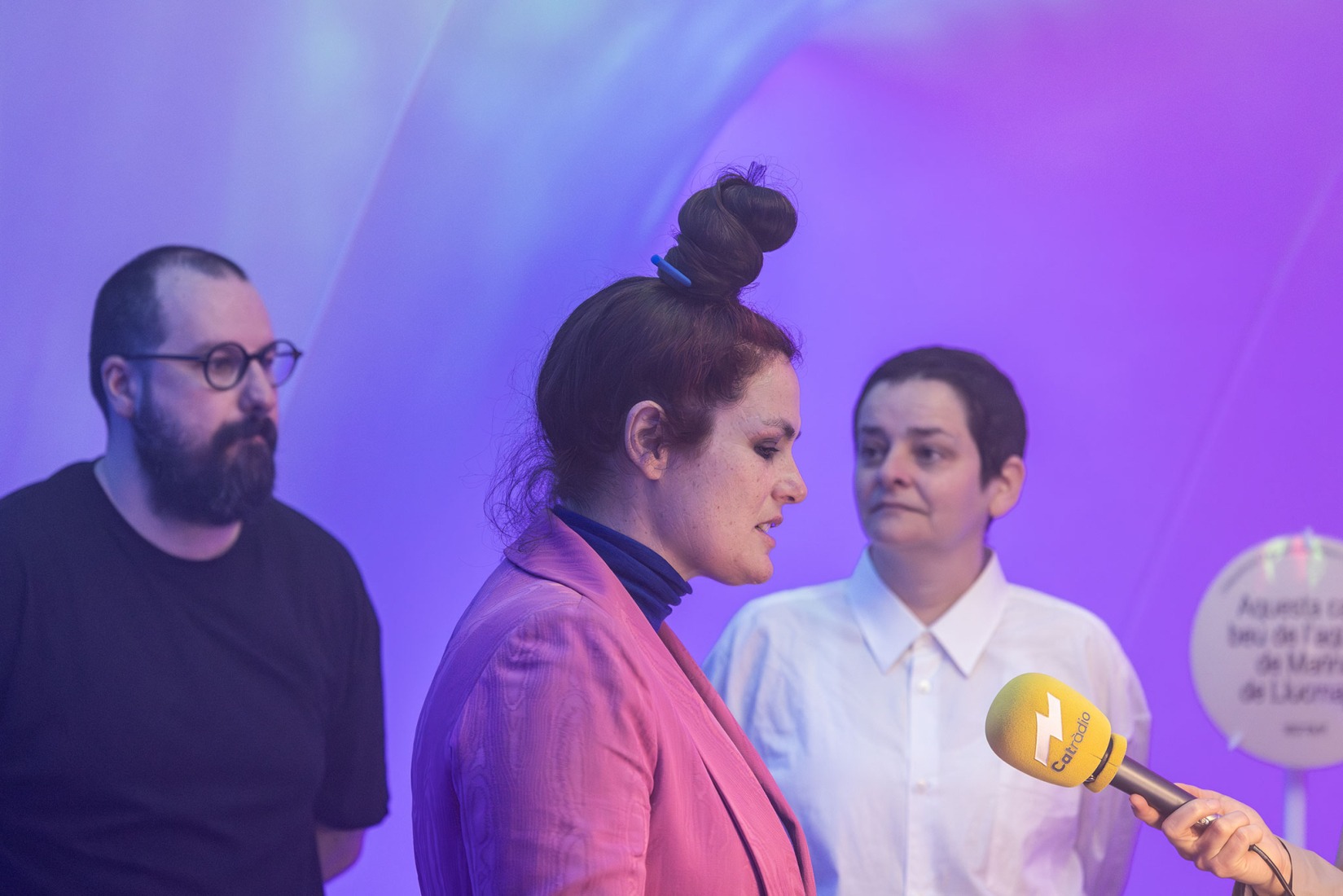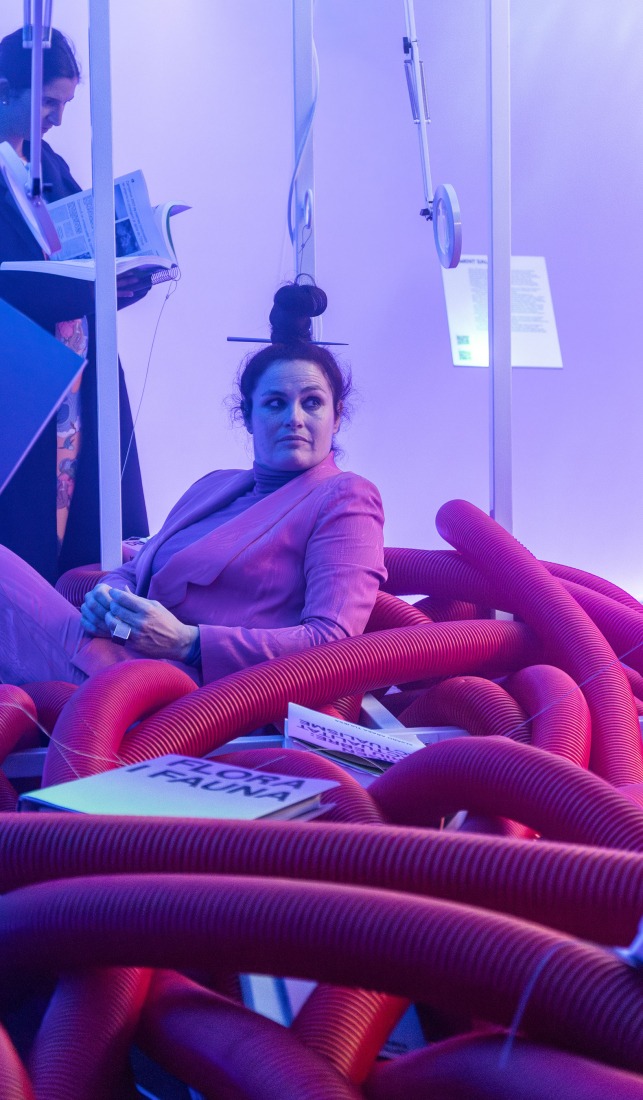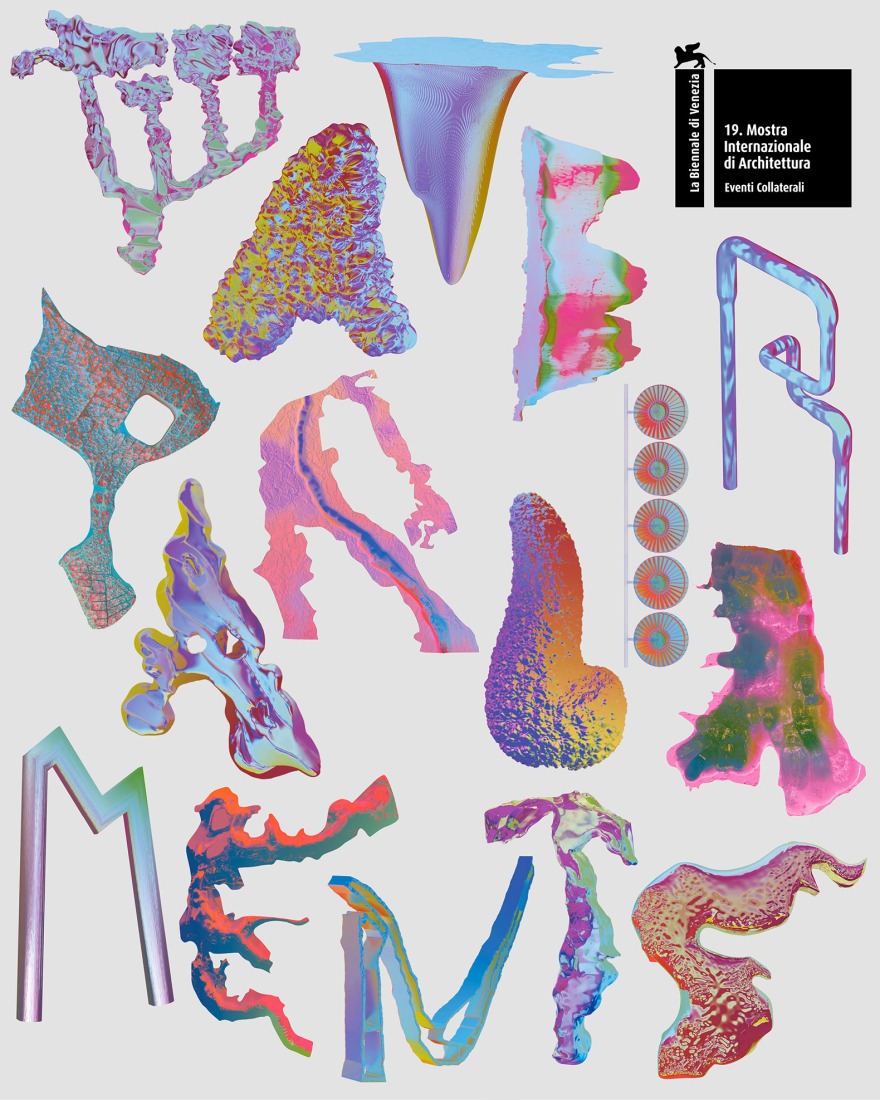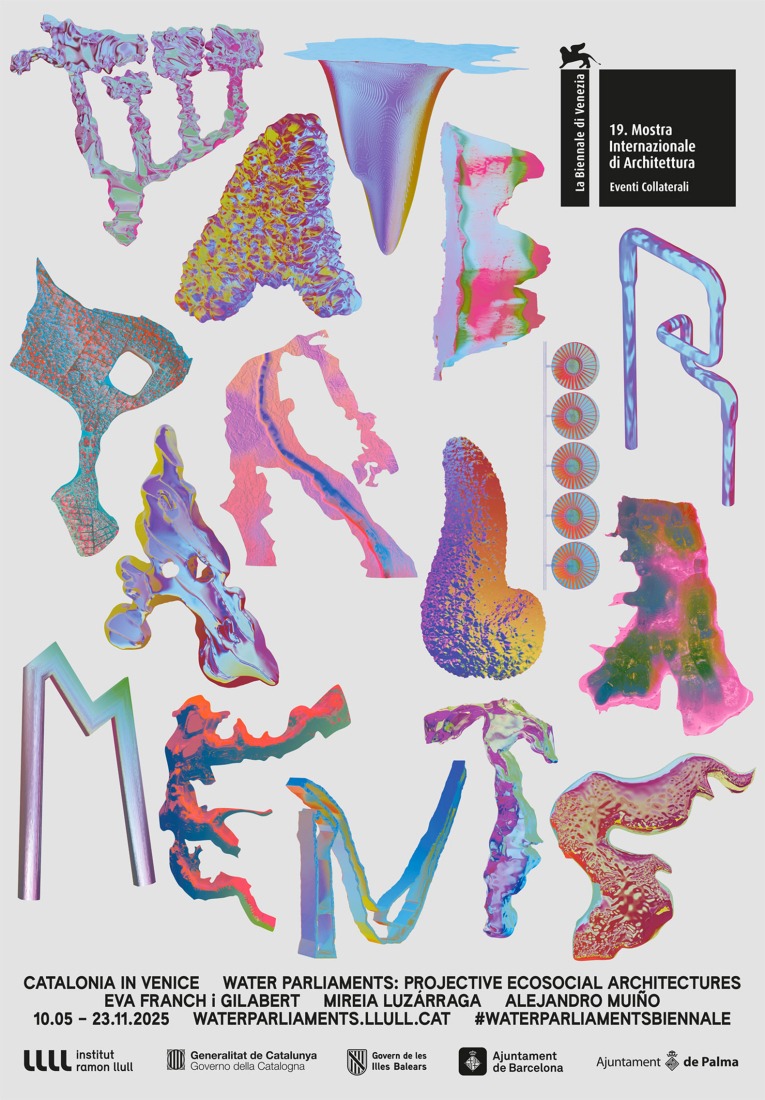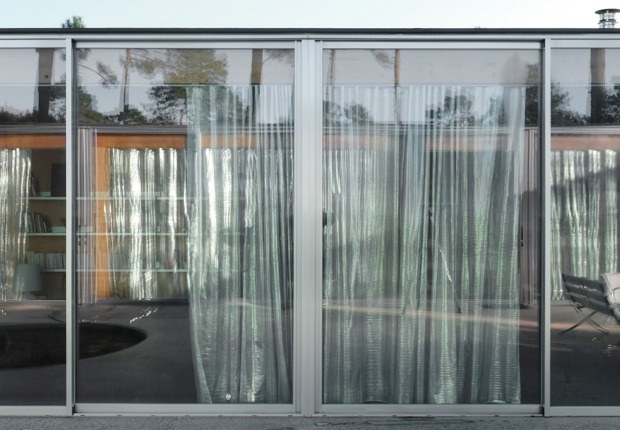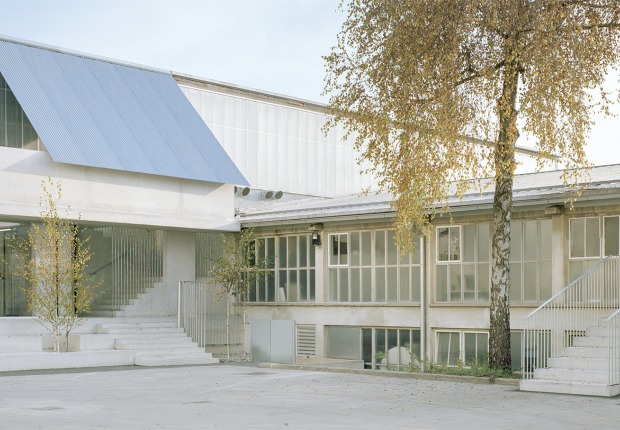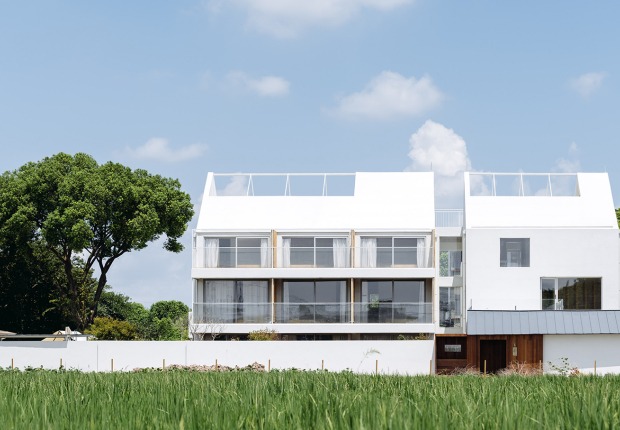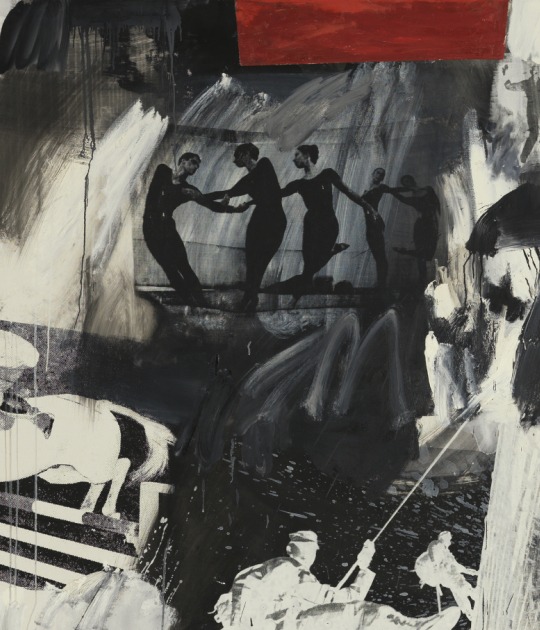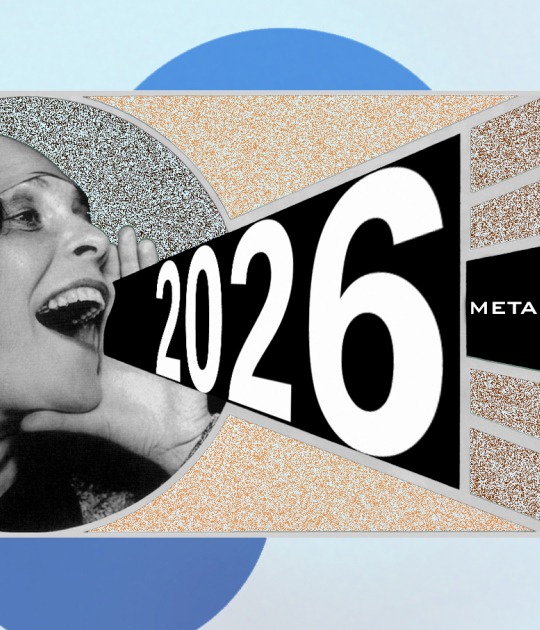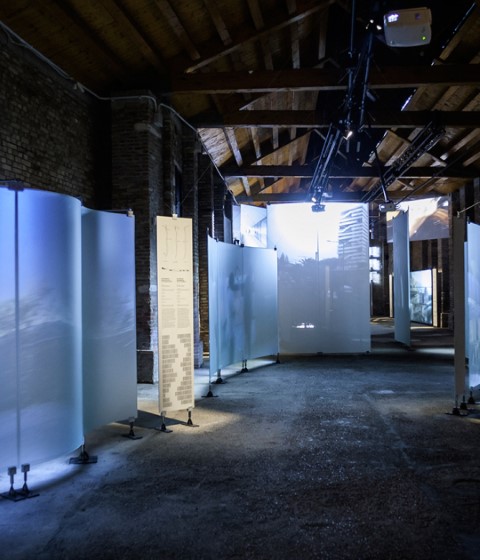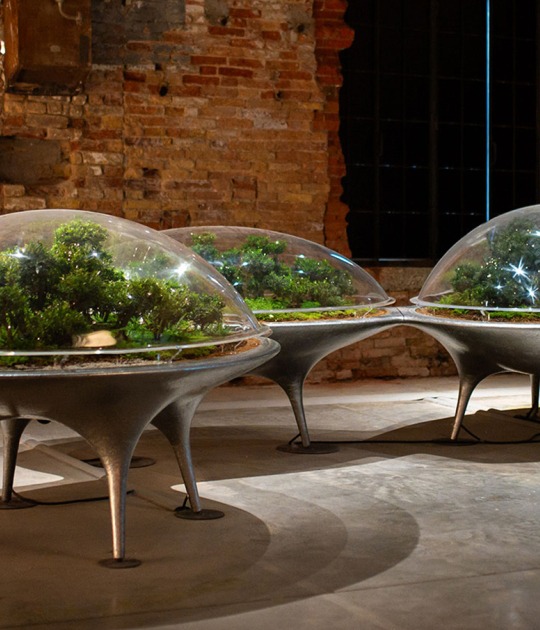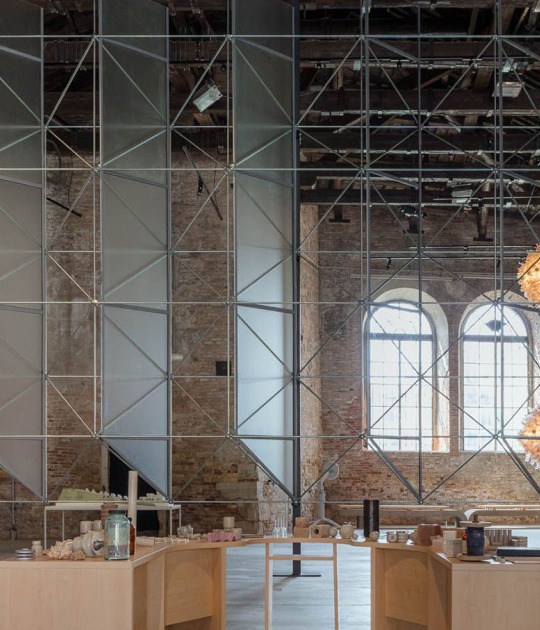Eva Franch i Gilabert (Deltebre, 1978) is an architect, curator, professor, and international lecturer. She specialises in experimental art forms and architectural practice, as well as the development of histories and futures of alternative architecture. She began her higher education studies at the Barcelona School of Architecture in 1996, where she completed her Master of Architecture with honours in 2003. Between 2001 and 2002, she participated in an exchange program at the Technical University of Delft, the Netherlands.
In 2004, after completing her studies, she founded her independent practice, OOAA (Office of Architectural Affairs), where she develops social and architectural projects related to housing and public space. Throughout her career, she has maintained a multifaceted, creative, and deeply investigative trajectory.
From 2010 to 2018, she was chief curator and executive director of Storefront for Art and Architecture in New York, one of the world's most groundbreaking centers for architecture. Founded in 1982, Storefront is a non-profit organization dedicated to promoting the most innovative forms of architecture, art, and design. Through exhibitions, lectures, publications, and performances, it serves as a forum for critical dialogue and experimentation, funded by its members and private donations.
In 2014, with the OfficeUS project—an experimental office for the production of history, ideas, and work—Franch was selected by the U.S. Department of State to represent the country at the 14th Venice Architecture Biennale. During her tenure at Storefront, she spearheaded projects such as Architecture Conflicts, Letters to the Mayor, World Wide Storefront, Storefront TV, and Manifesto Series, among others. Exhibitions included Sharing Models, Measure, POP: Protocols, Obsessions, Aesthetic-Anaesthetic Positions, Past, Present, Future Futures, and Shameless: Showcase for Sale.
One of her most significant projects is Letters to the Mayor, which invites architects to write letters to the mayors of their cities to open a dialogue about the urban future. The project has had more than ten editions in cities such as New York, Mexico City, Buenos Aires, Athens, Taipei, and Madrid.
In March 2018, she was elected director of the Architectural Association School of Architecture in London (AA) by the school's members. However, in July 2020, she was removed after receiving a vote of no confidence from the AA community.
Franch has taught at the GSAPP at Columbia University, IUAV Venice, SUNY Buffalo, and Rice University, and is currently a professor at the Cooper Union School of Architecture. She has served as a juror, guest critic, and lecturer at over fifty academic and cultural institutions worldwide. She has also served on advisory and nominating committees, including the Hong Kong Design Trust, Ideas City, +Pool, and YAP PS1-MoMA.
Her work has been exhibited internationally, including at the FAD in Barcelona, the Venice Architecture Biennale, the Vitra Design Museum, and the Shenzhen and Hong Kong Biennale of Urbanism and Architecture. Her publications include Agenda (2014), Atlas (2015), and Manual (2017), published by Lars Müller as part of OfficeUS. Upcoming publications include The Book of Architecture, Books and Letters to the Mayor.
She has been interviewed and published in media such as AD, Arquine, Bauwelt, Domus, Dwell, El País, the New York Times, Metropolis, MOUSE, UP, Rolling Stone, and Surface Magazine, consolidating her presence as one of the most critical and provocative voices in contemporary architecture.
